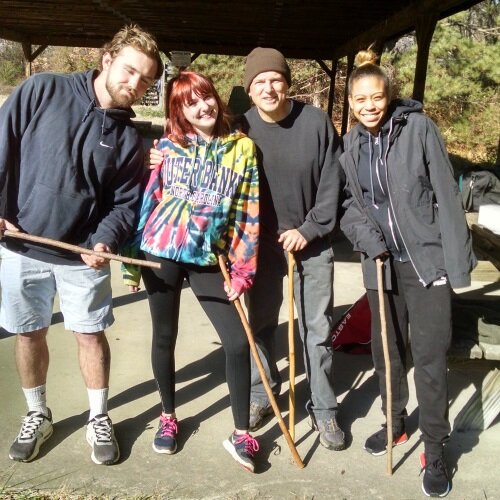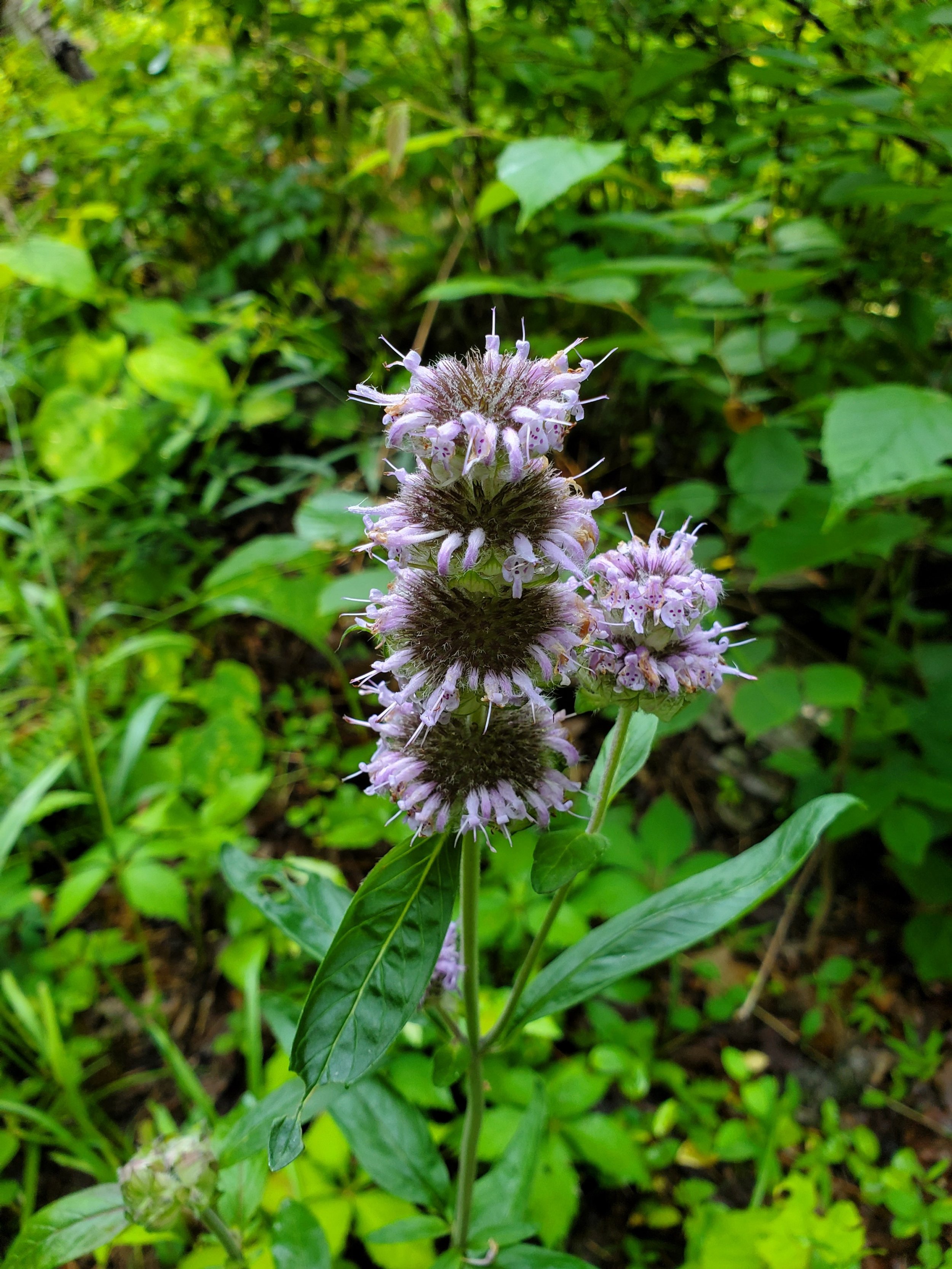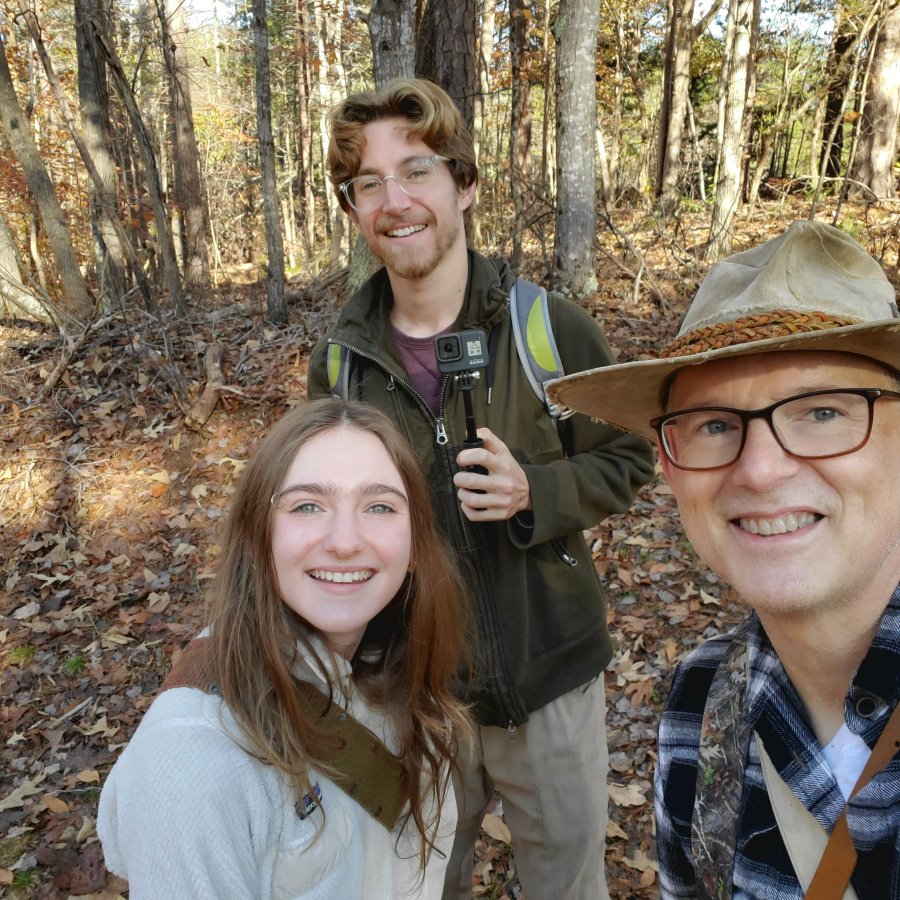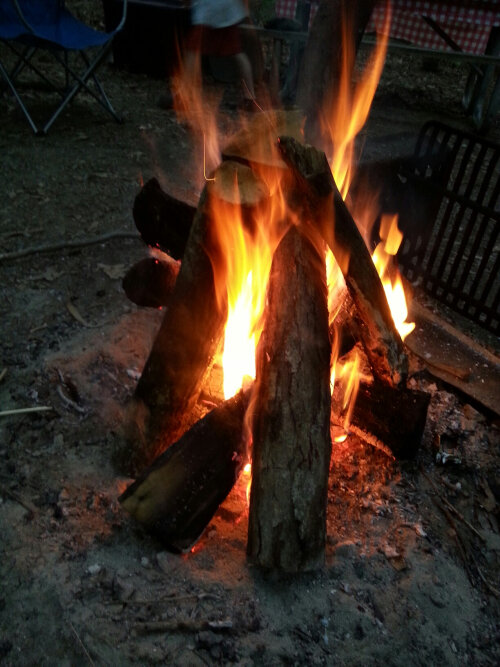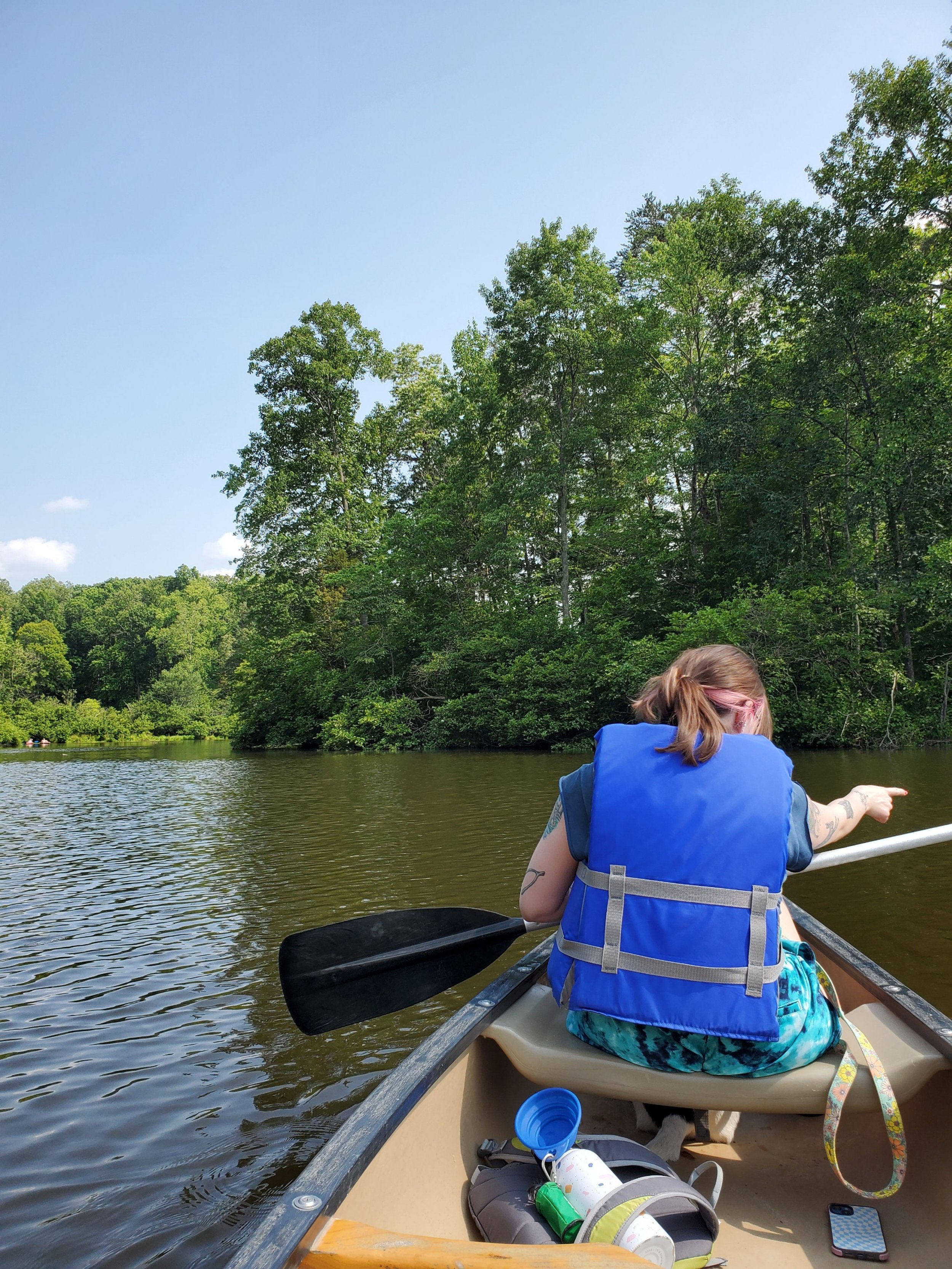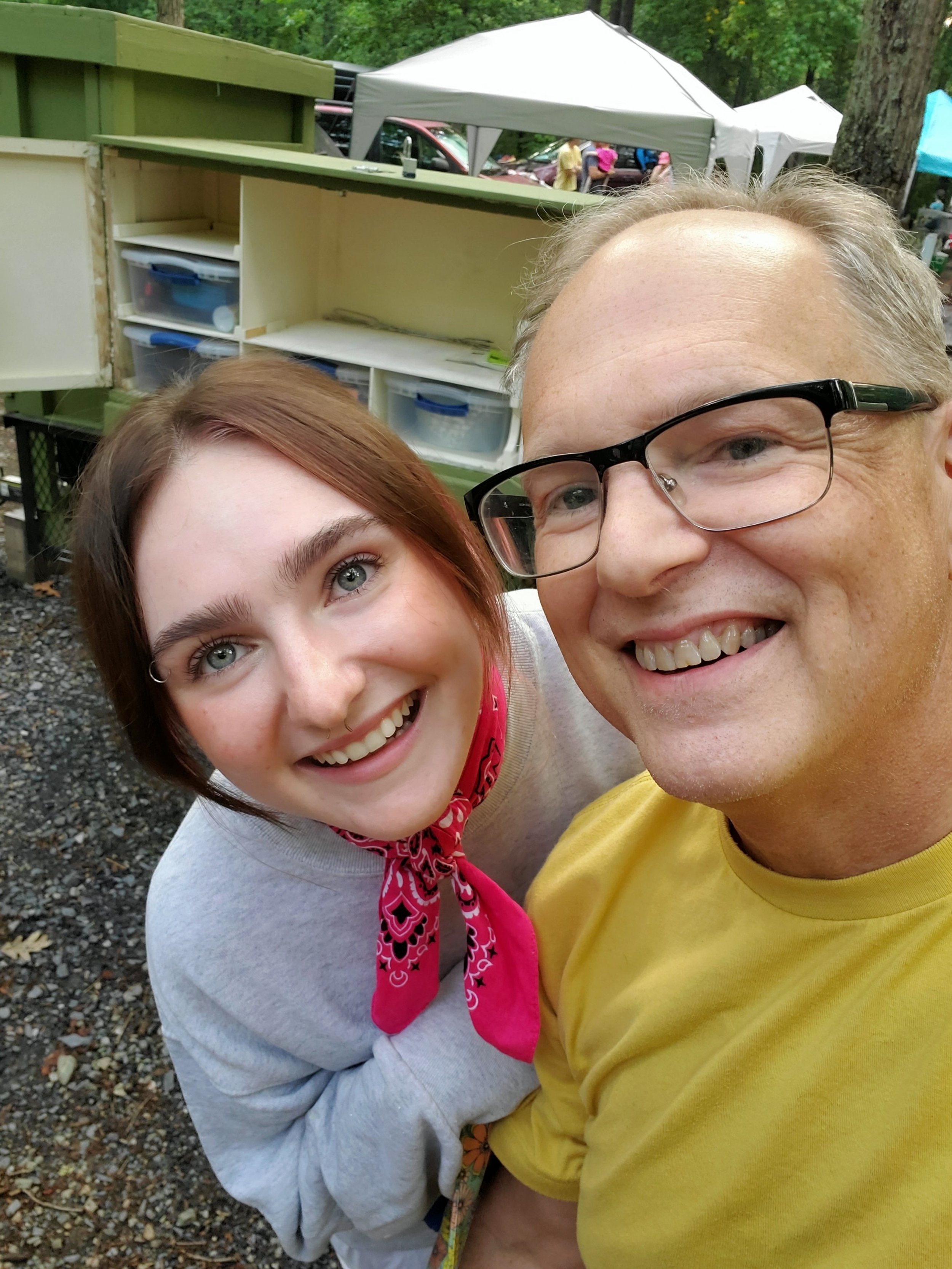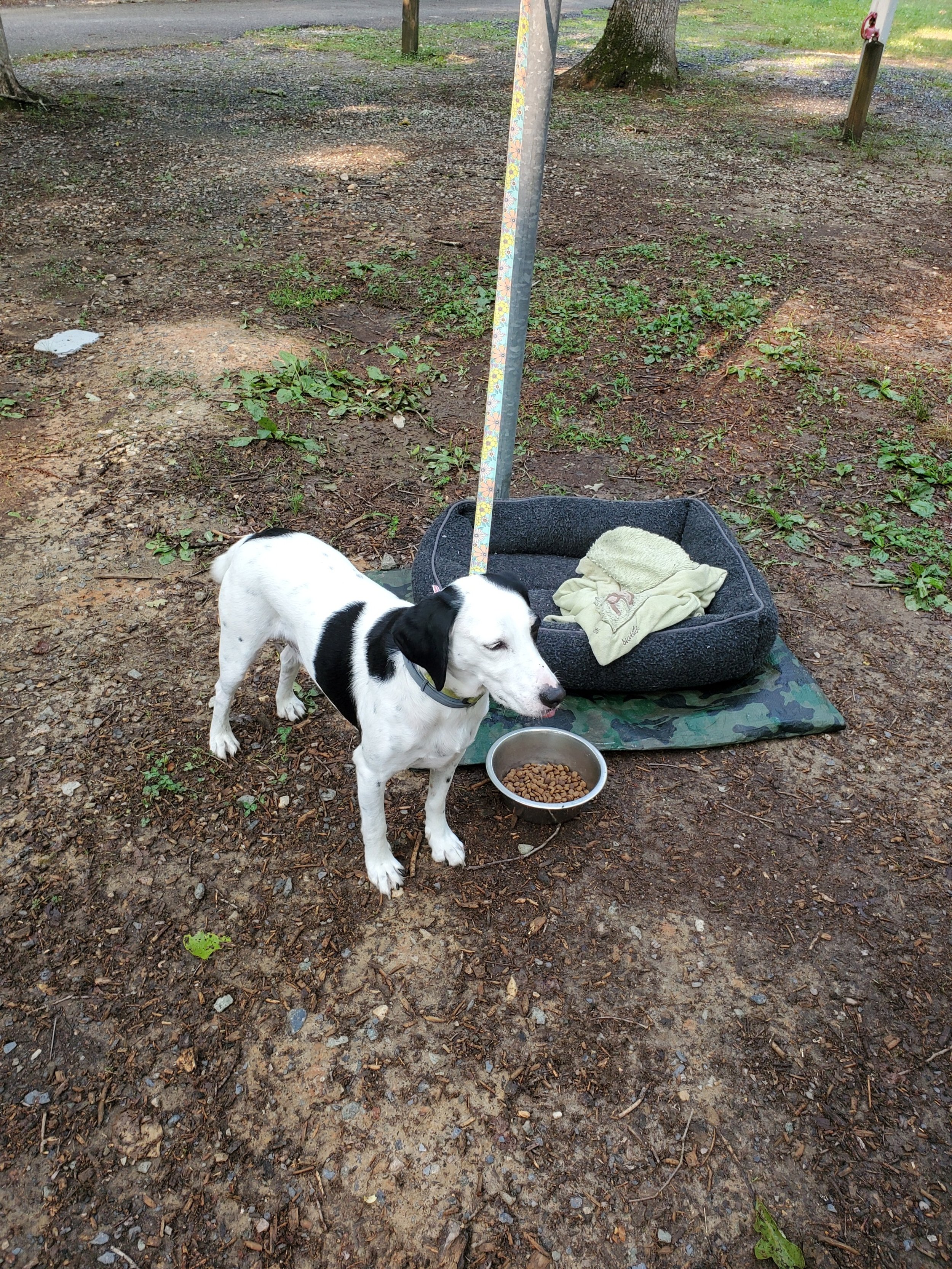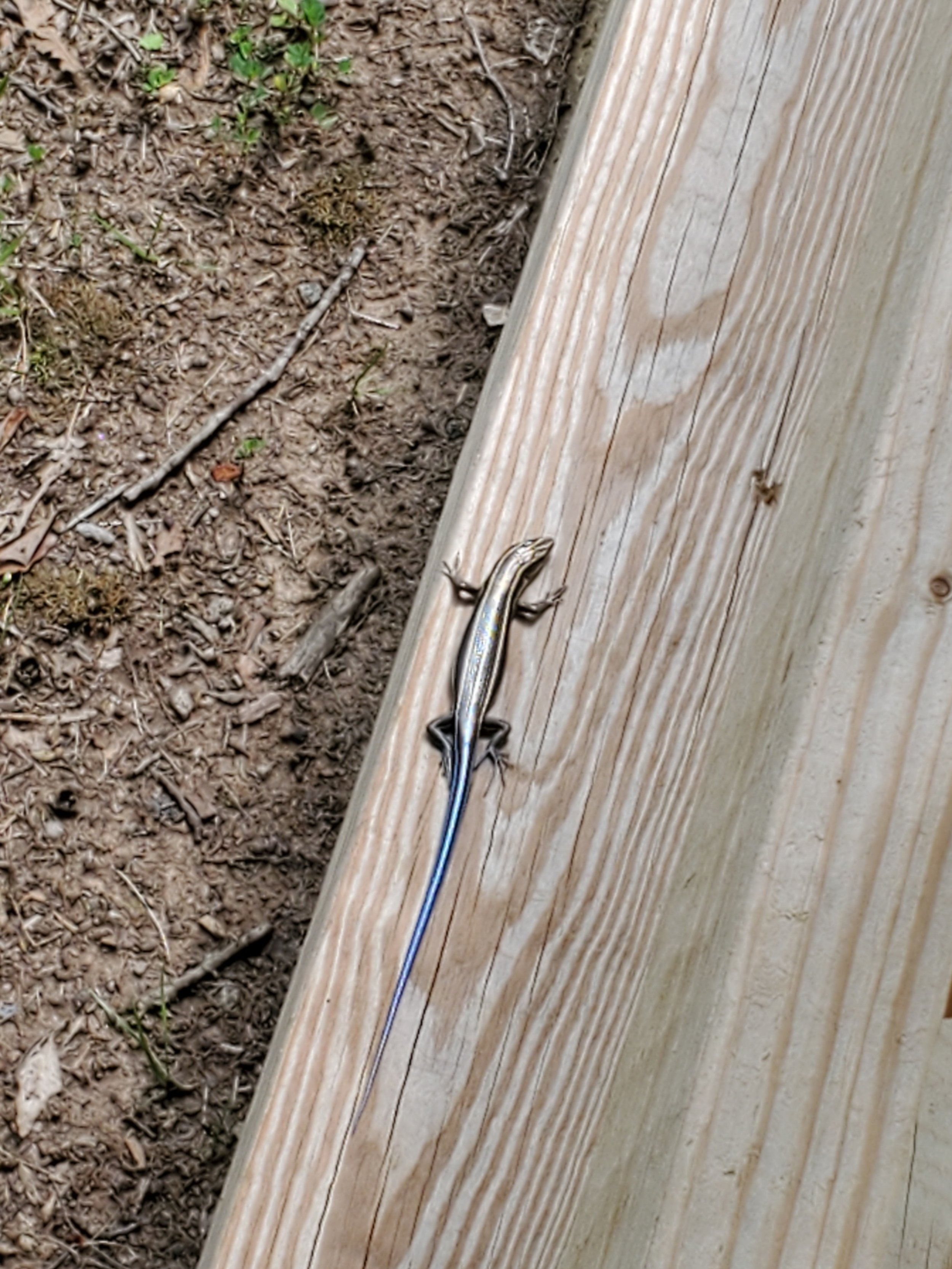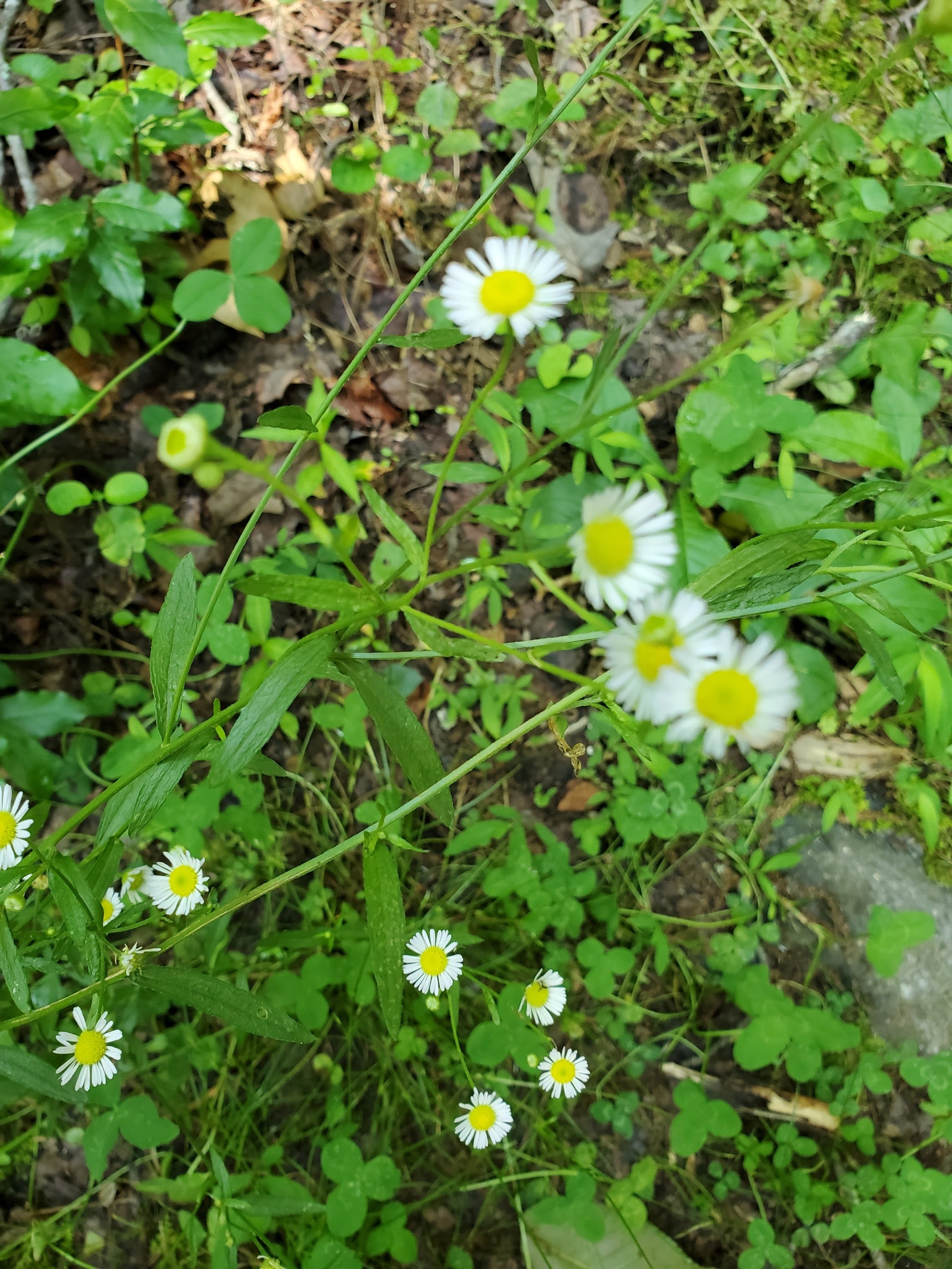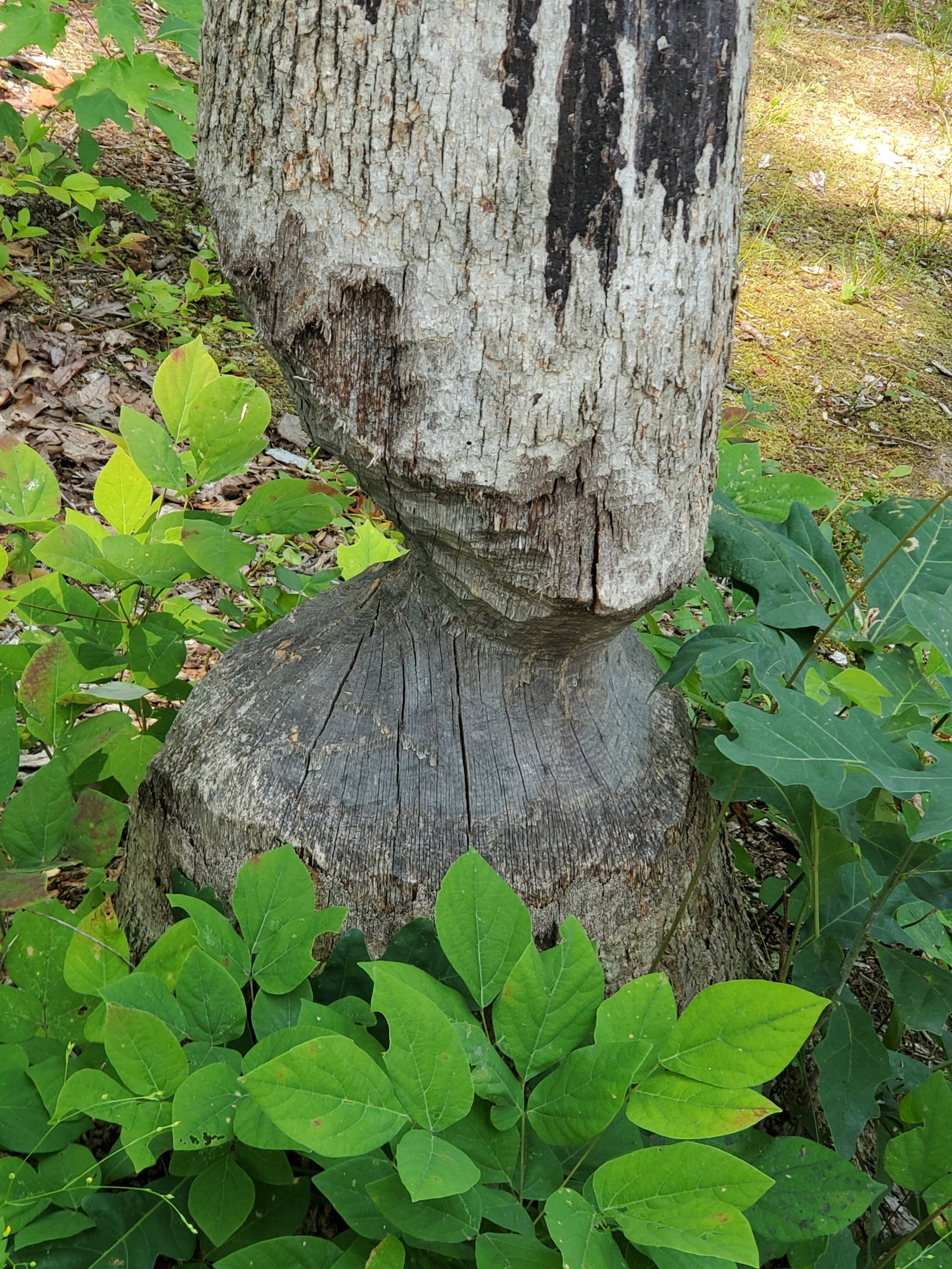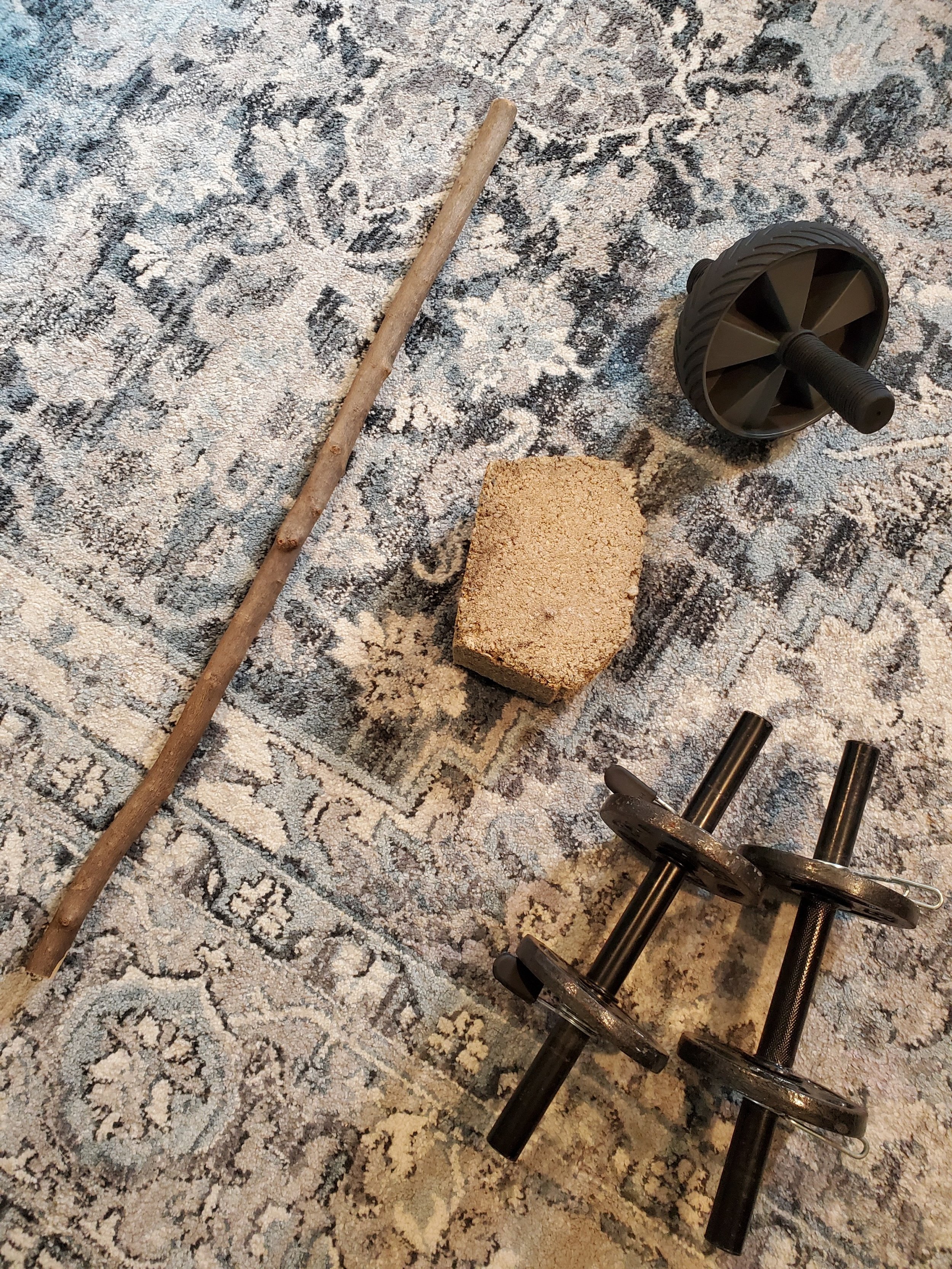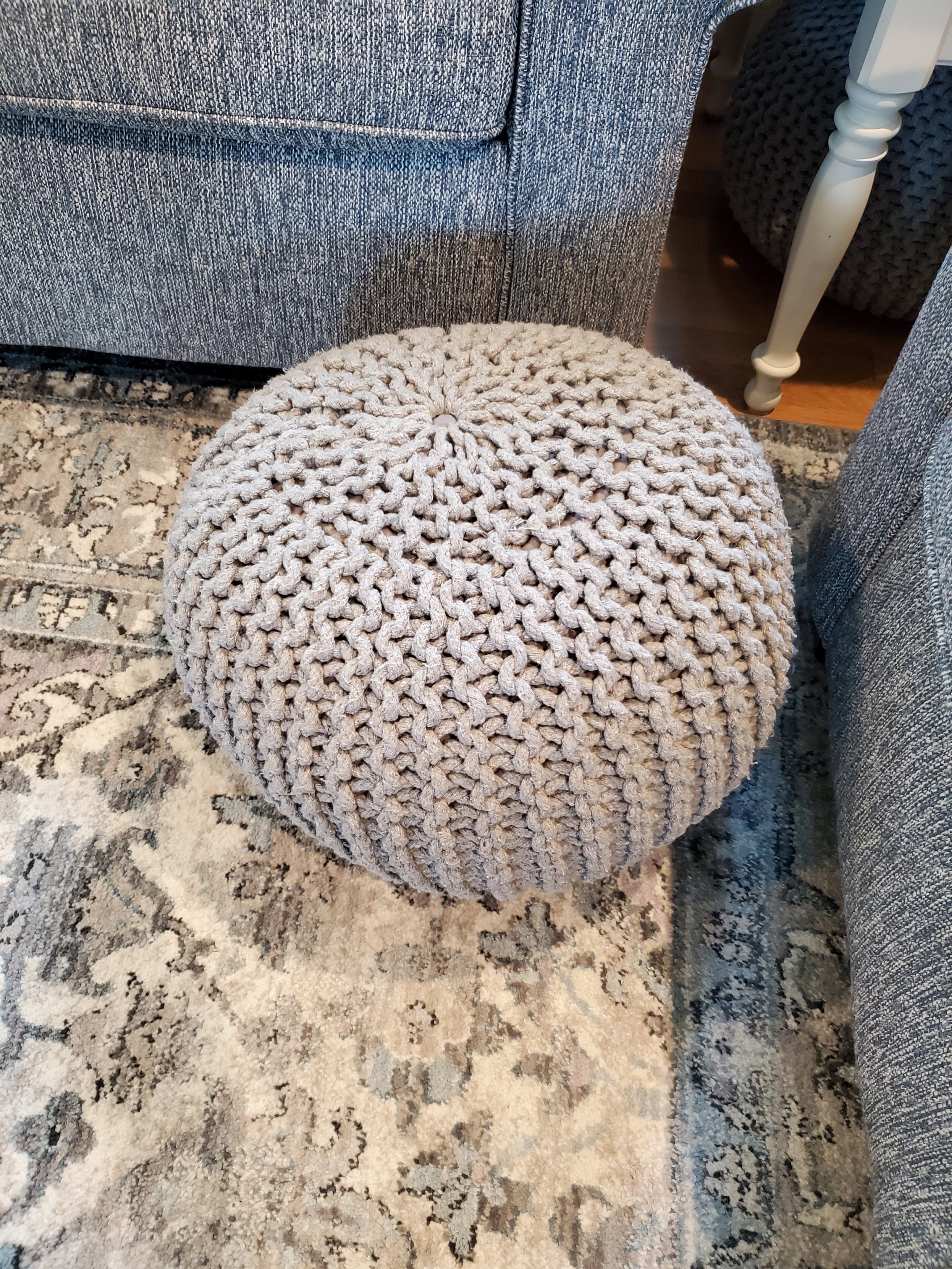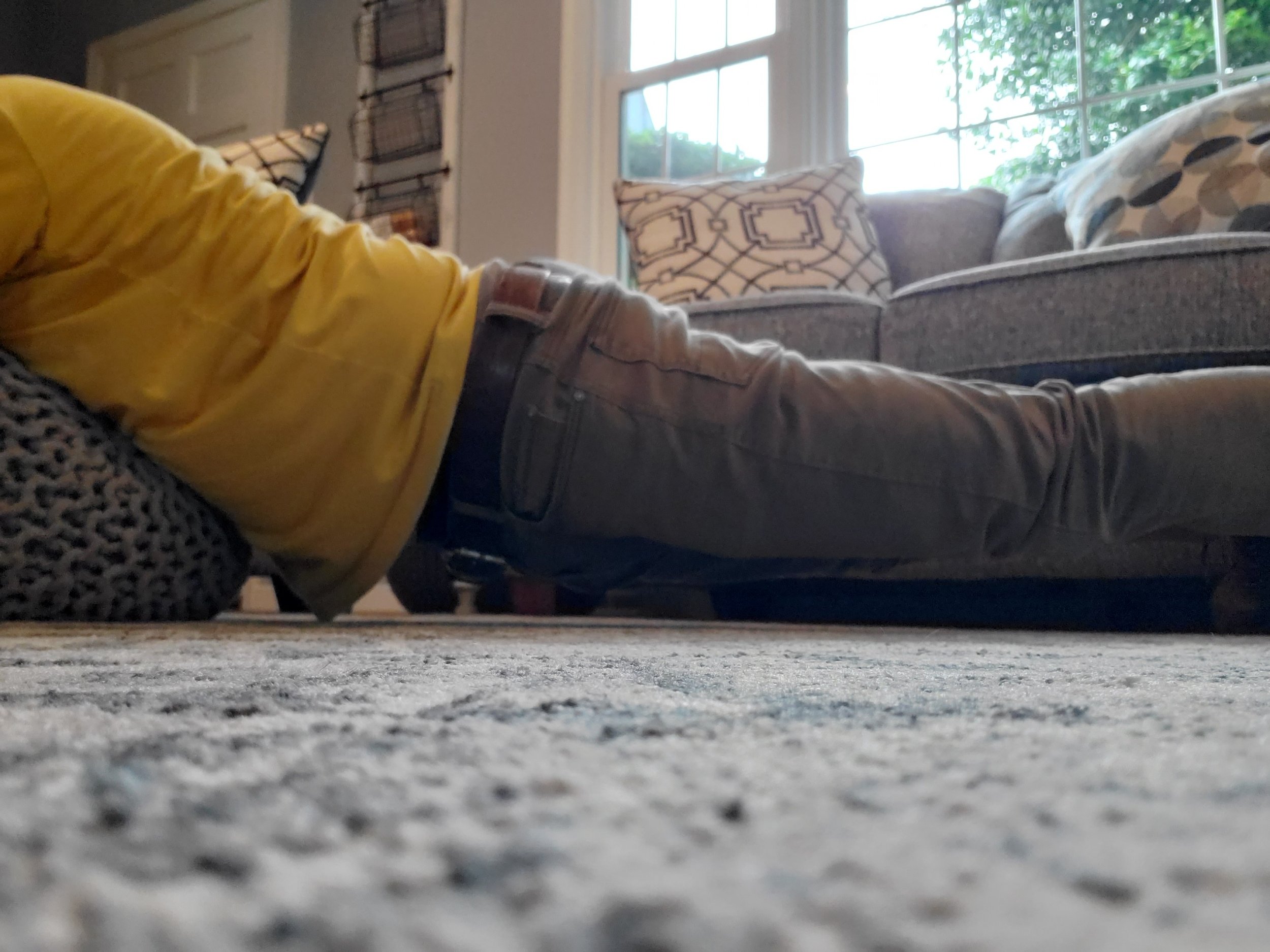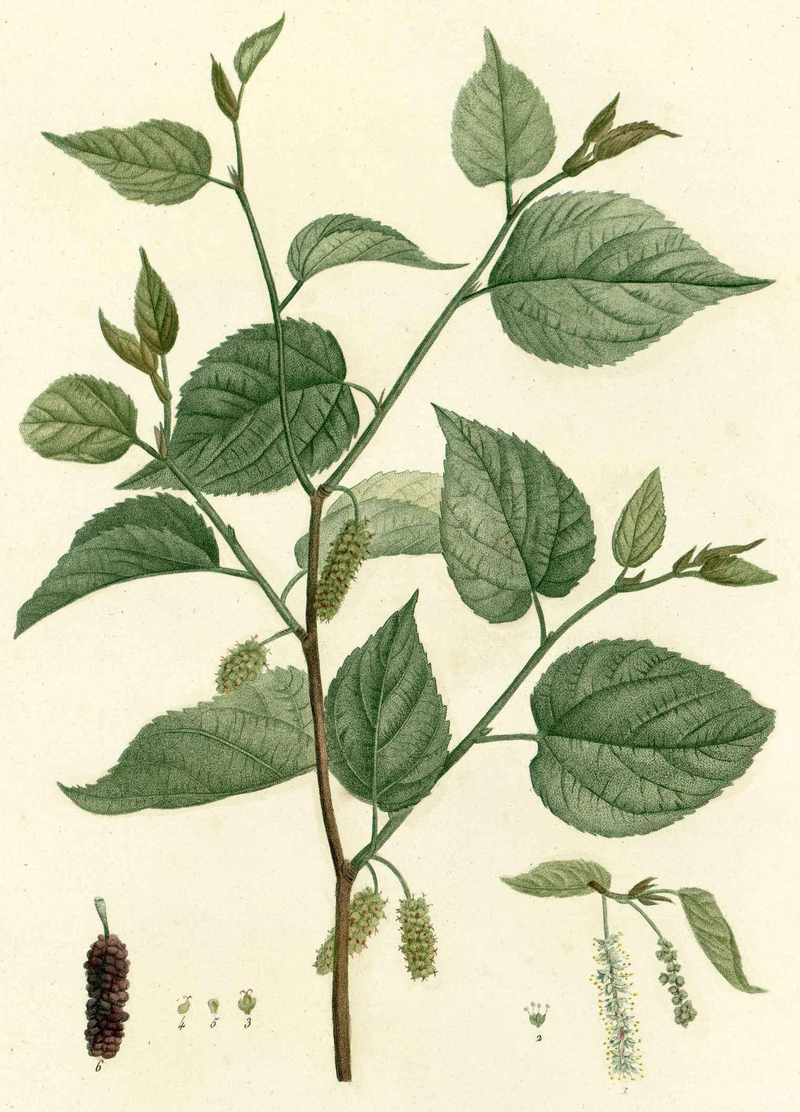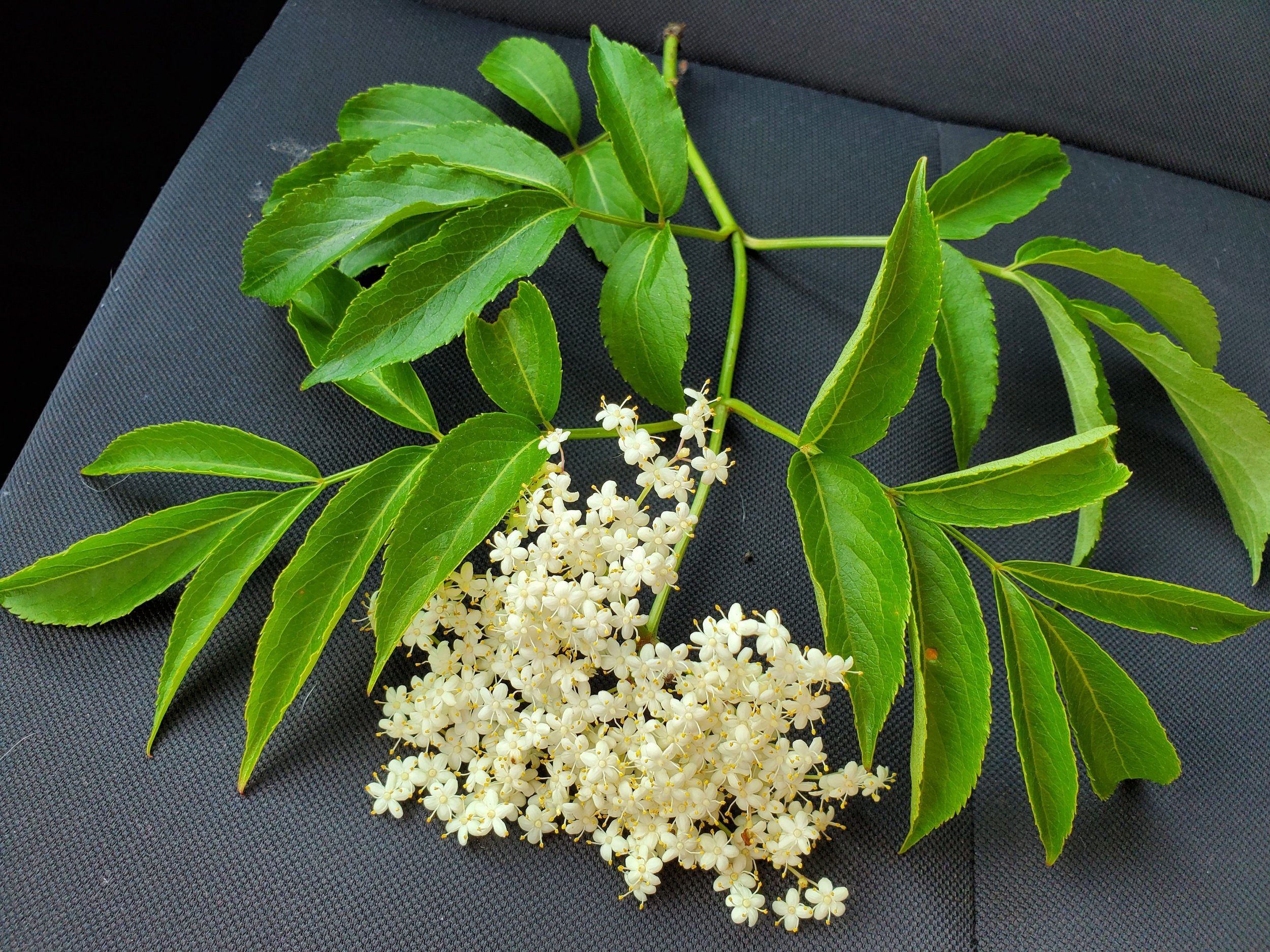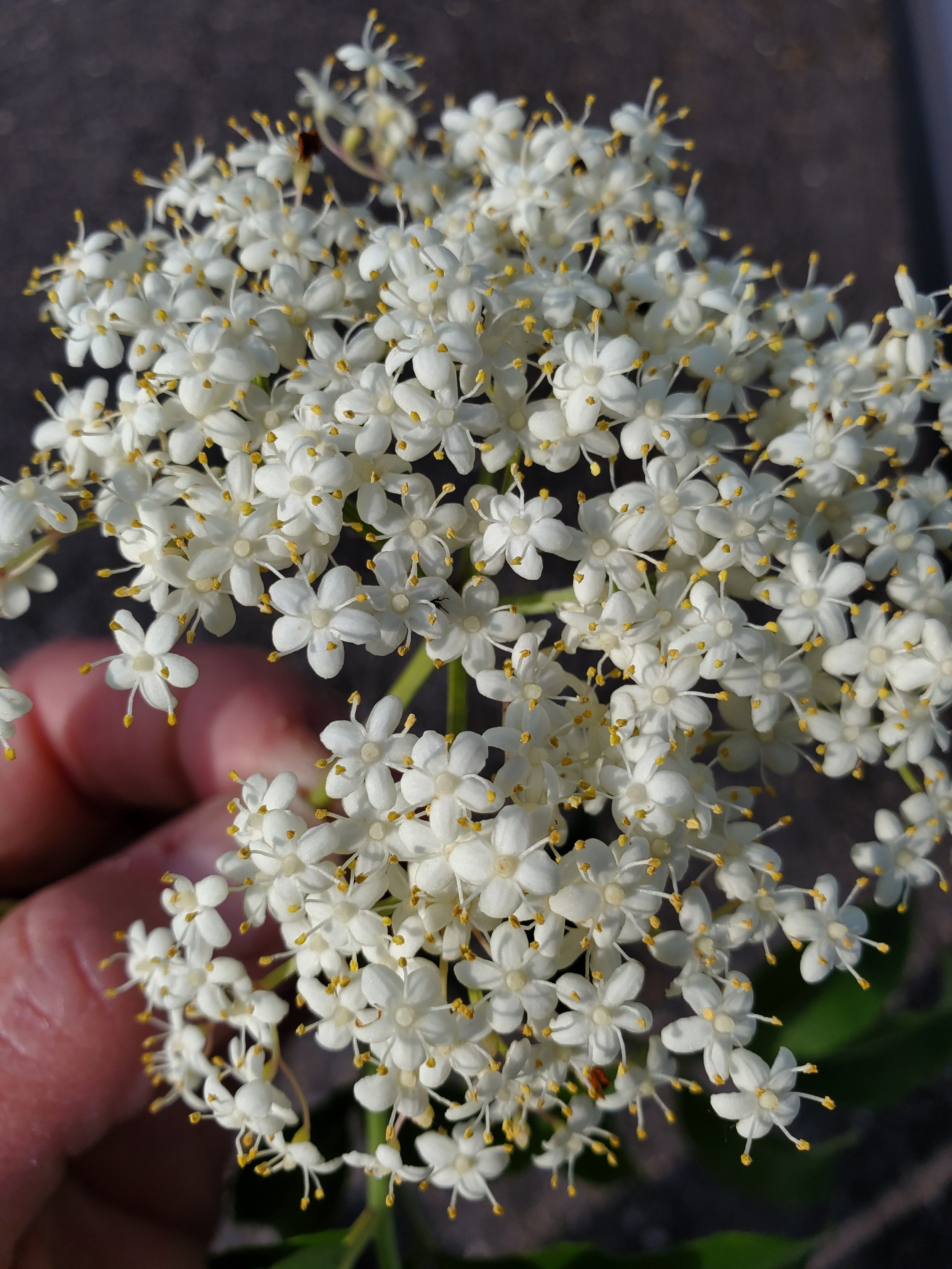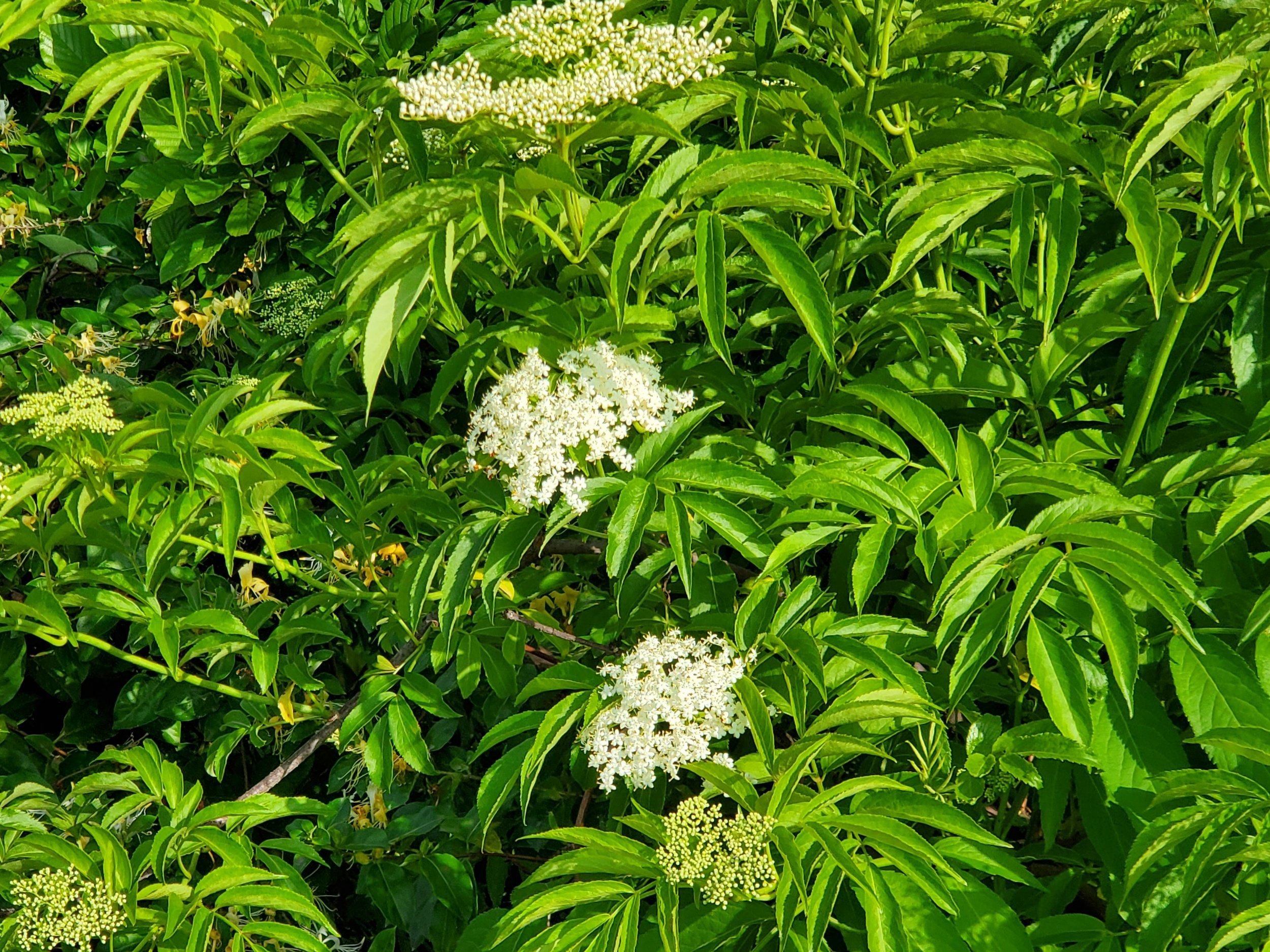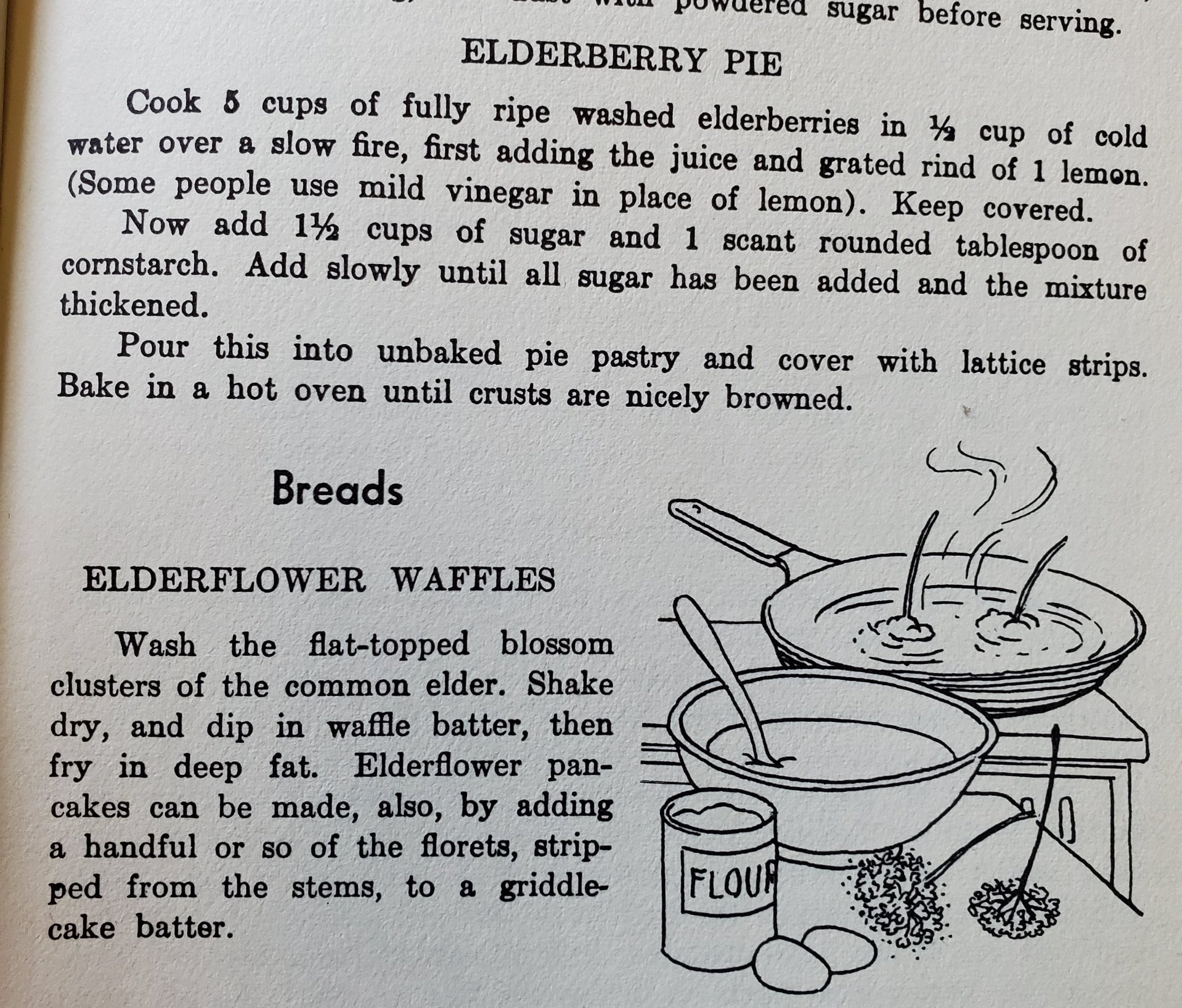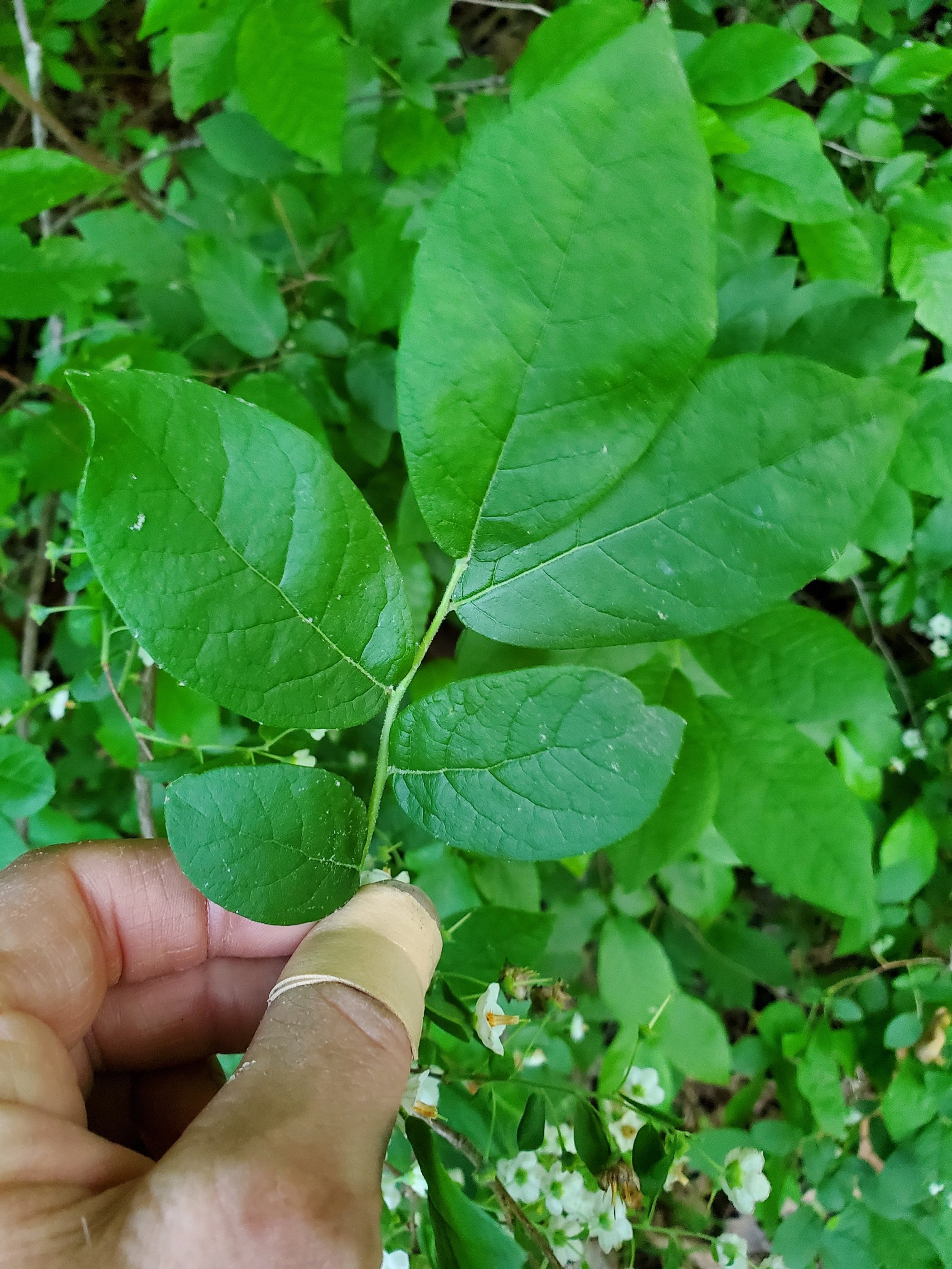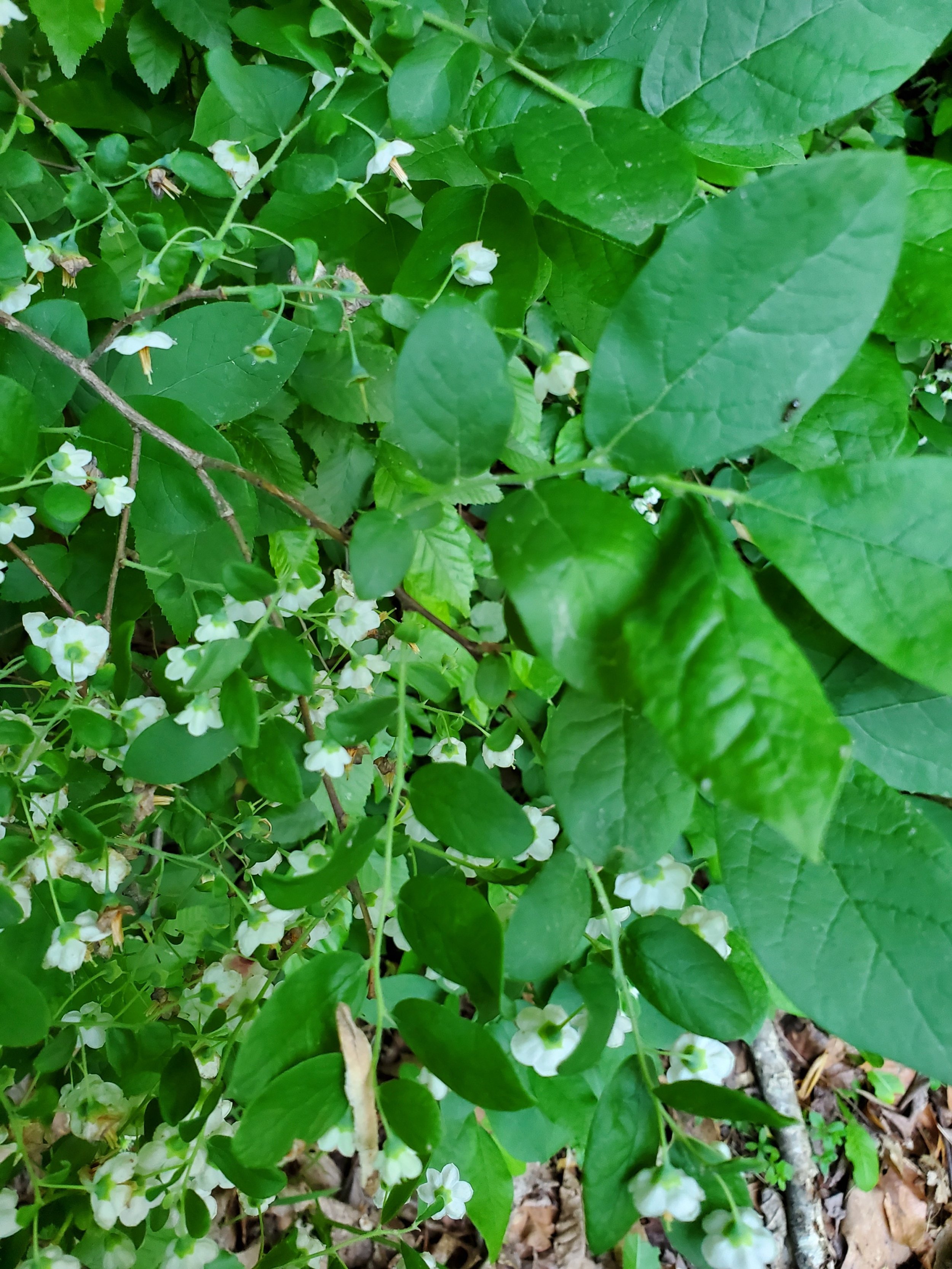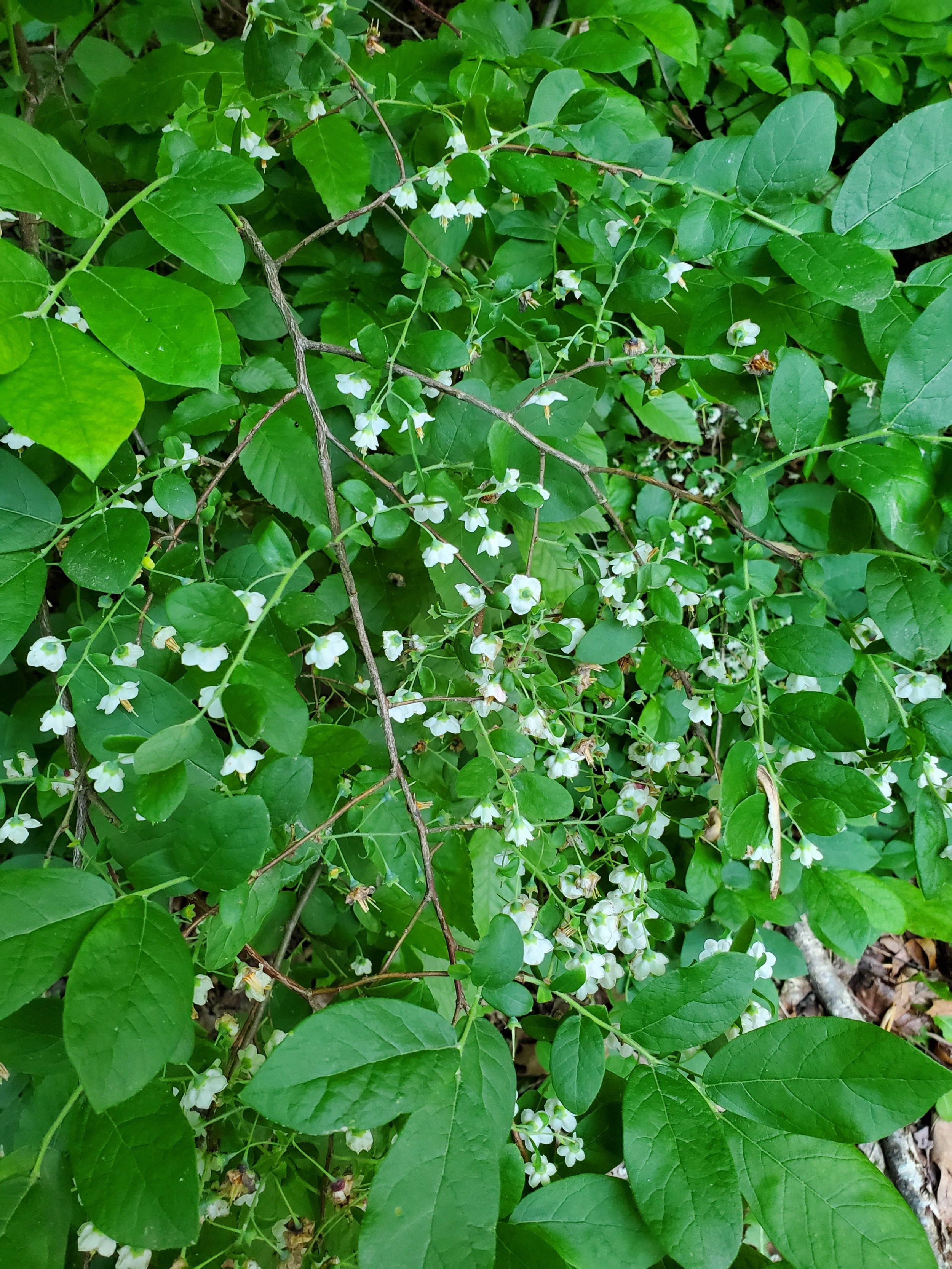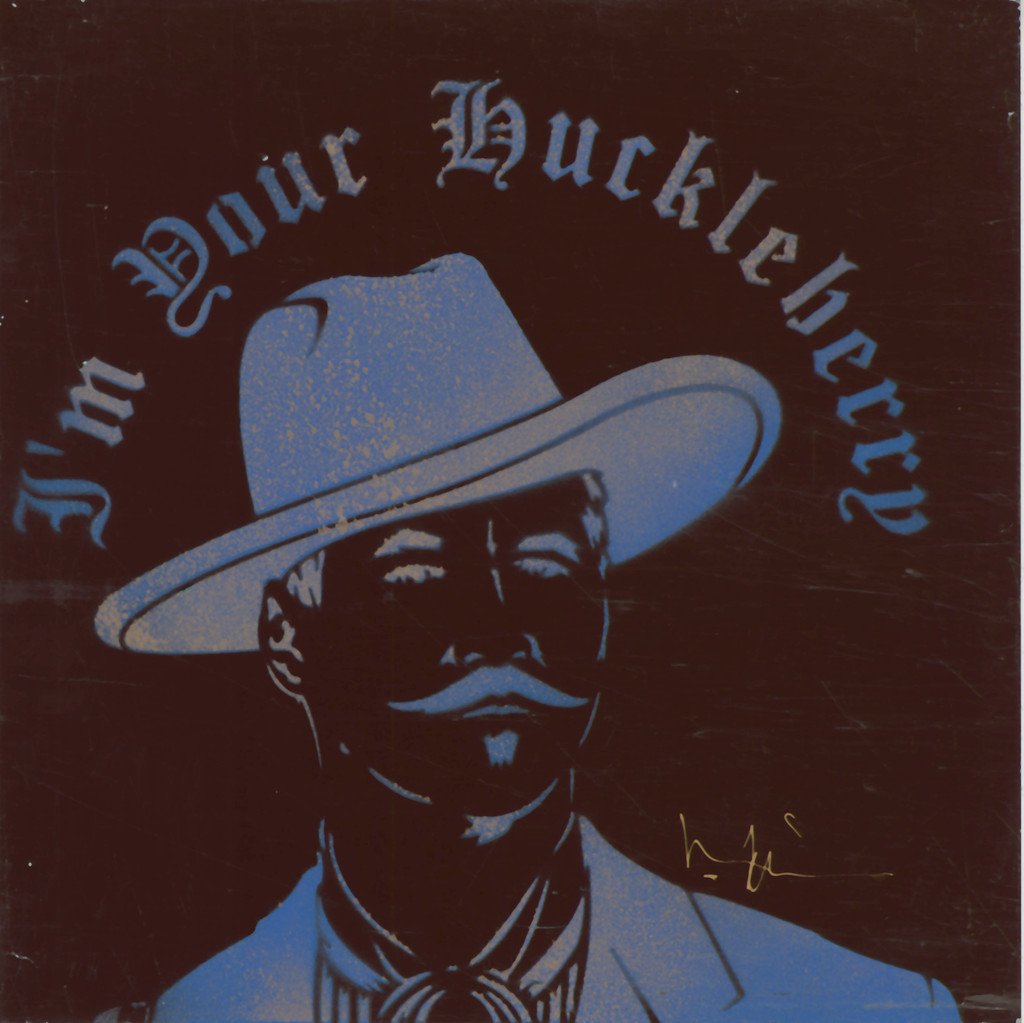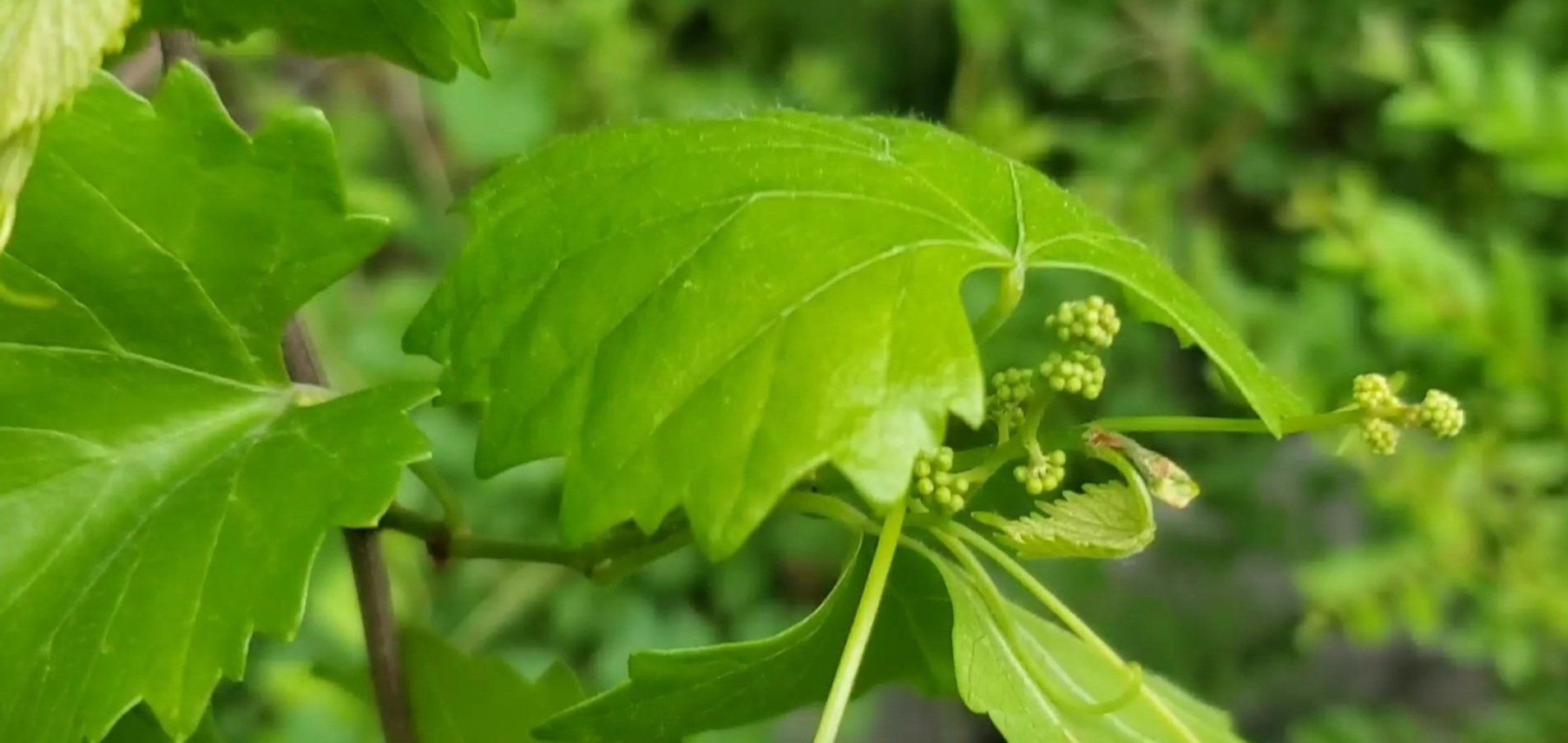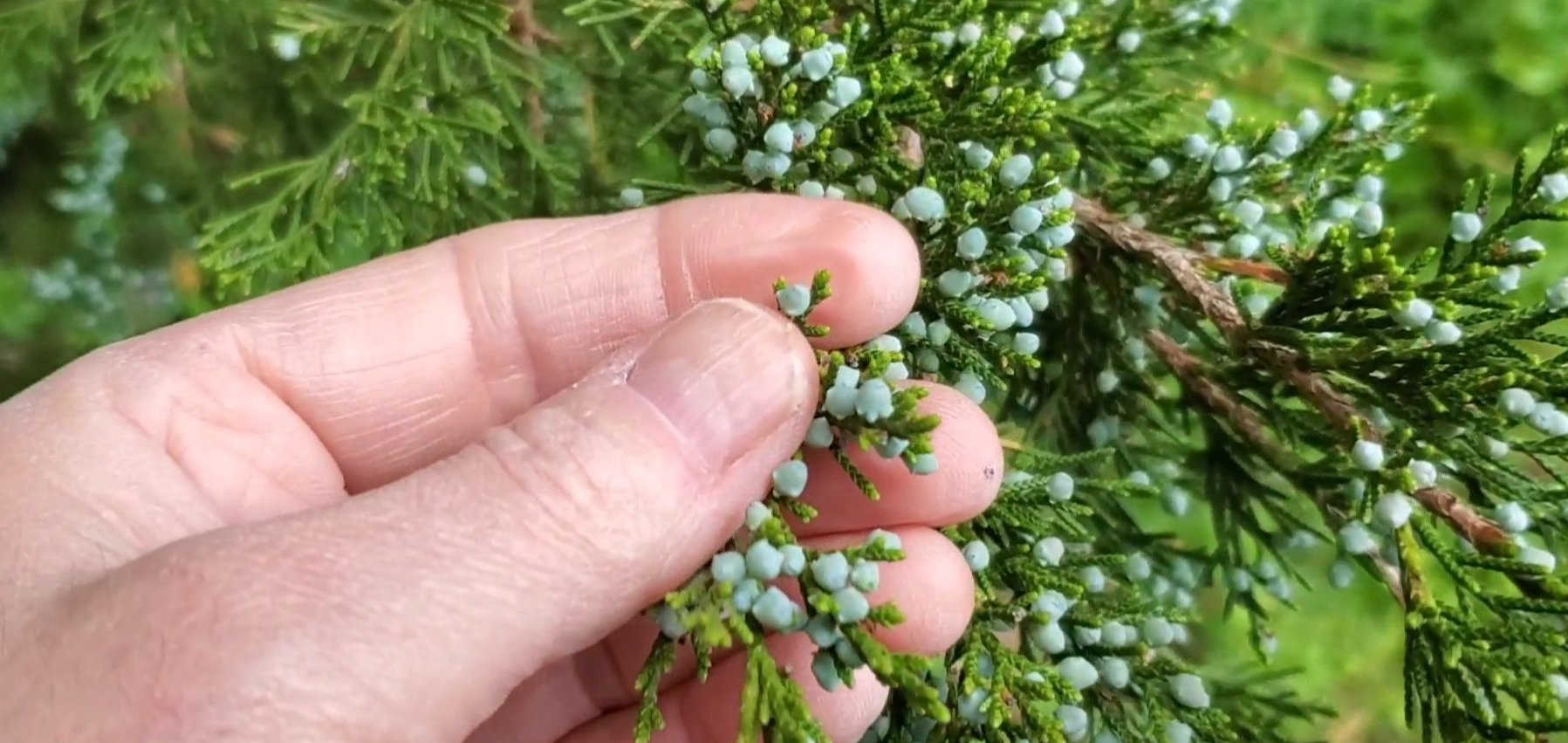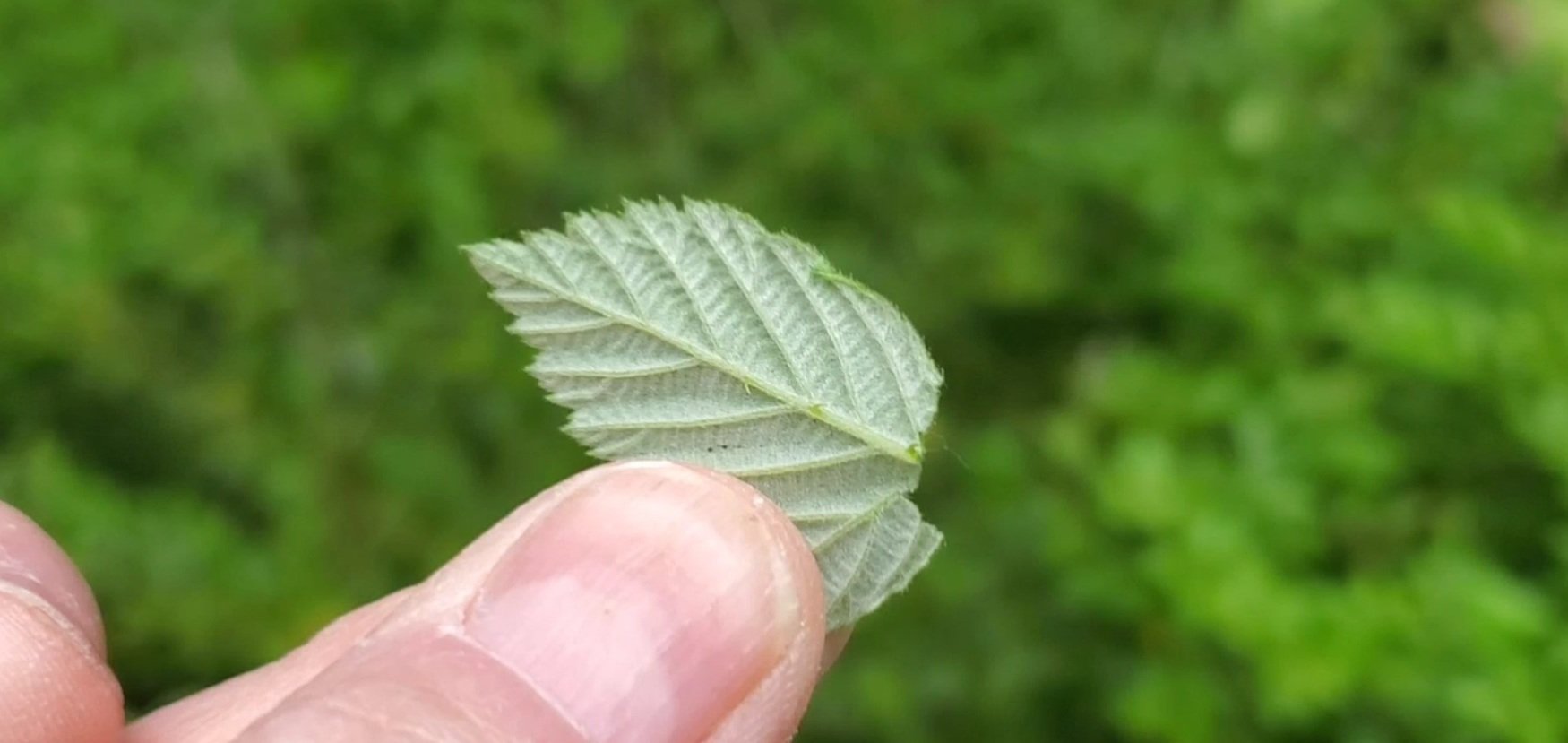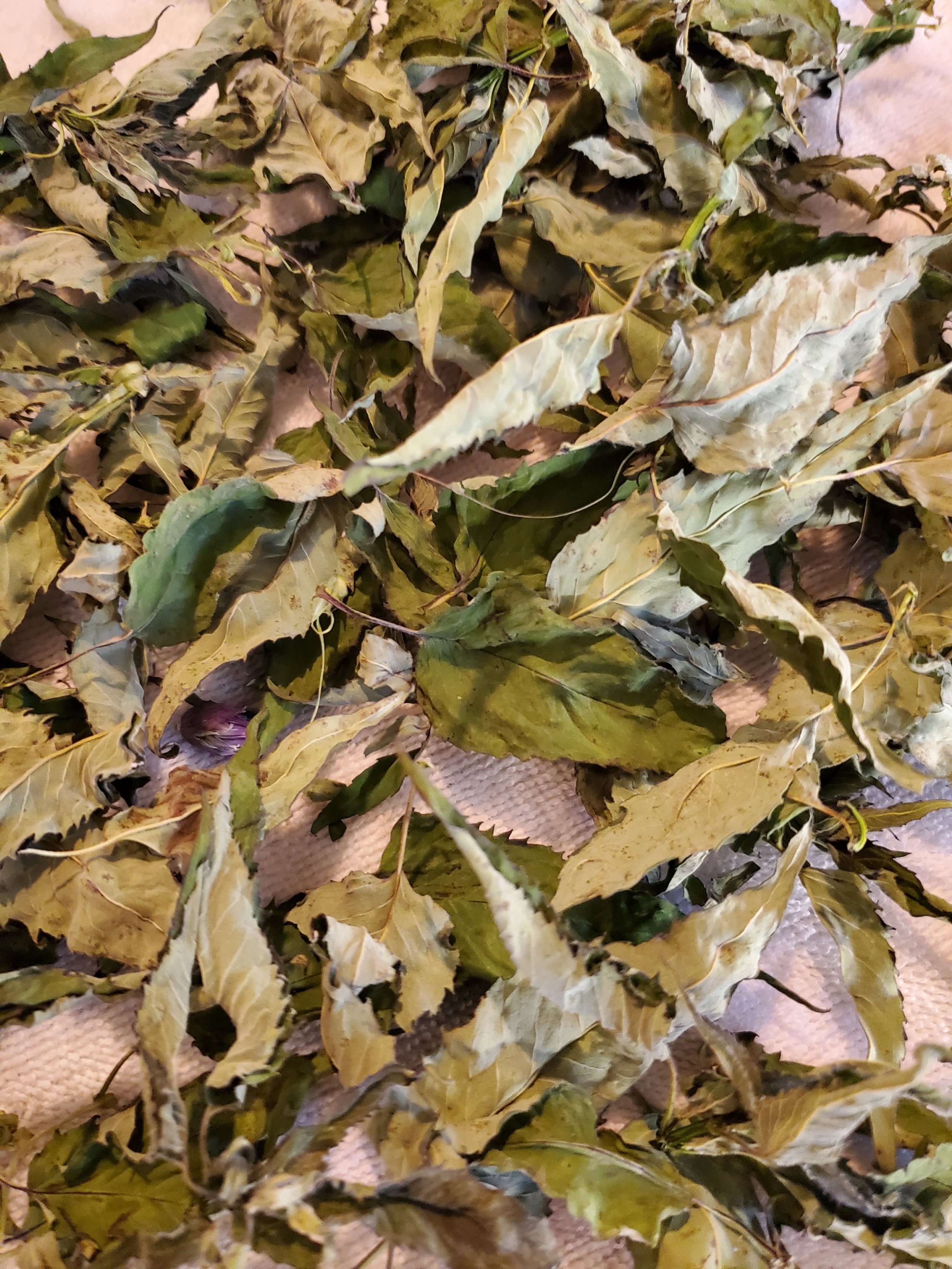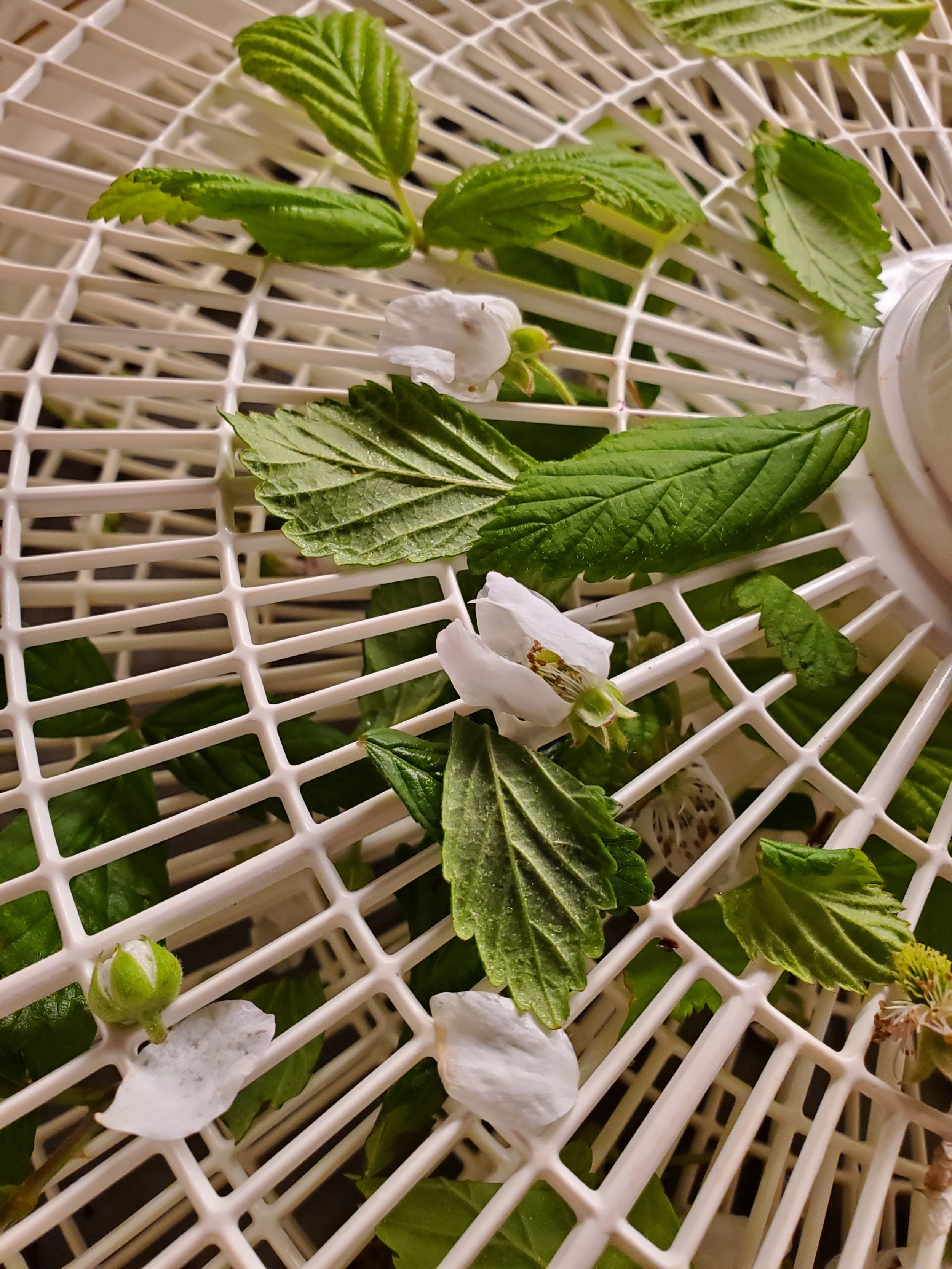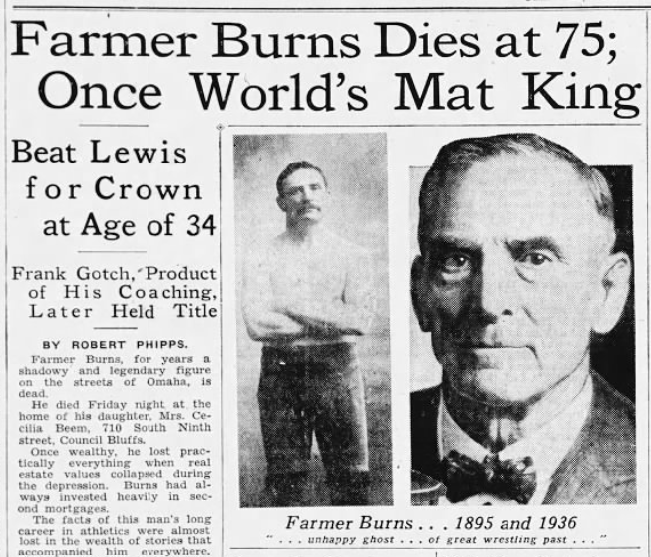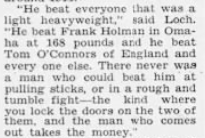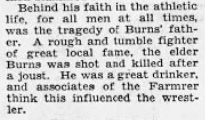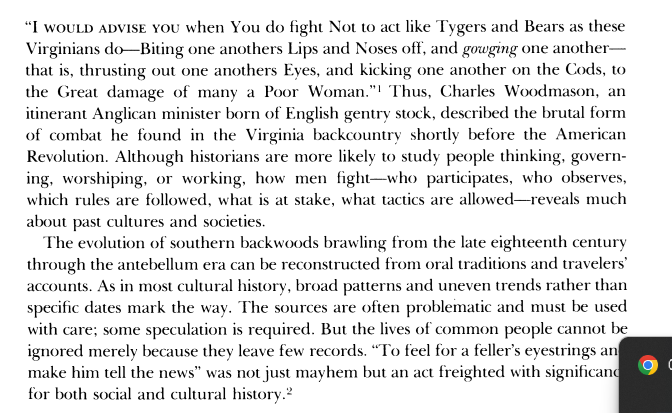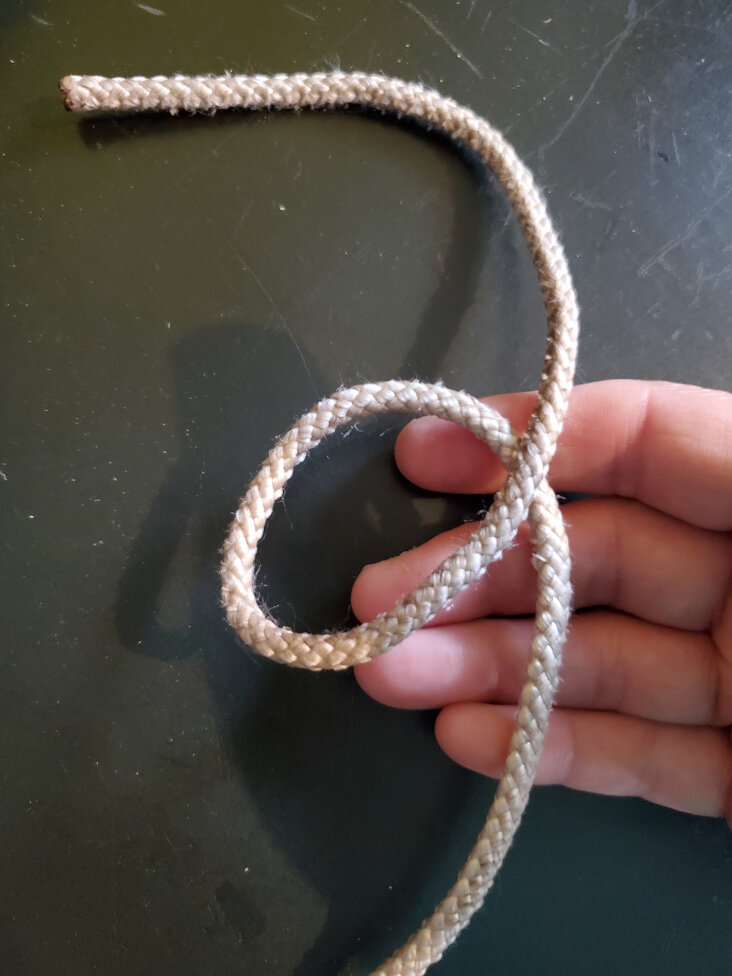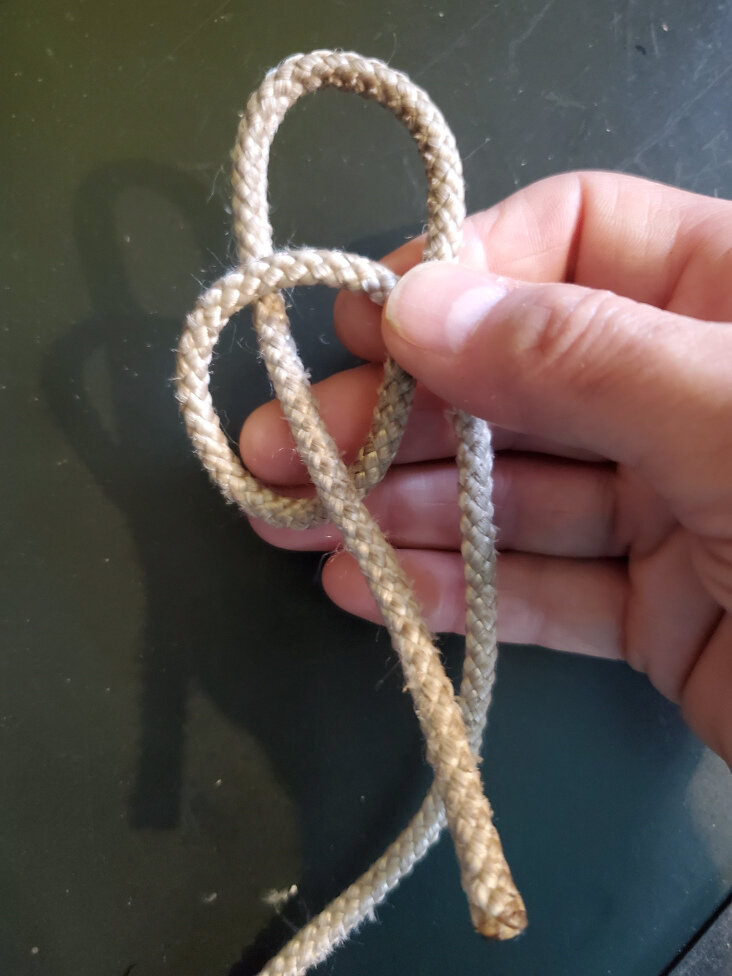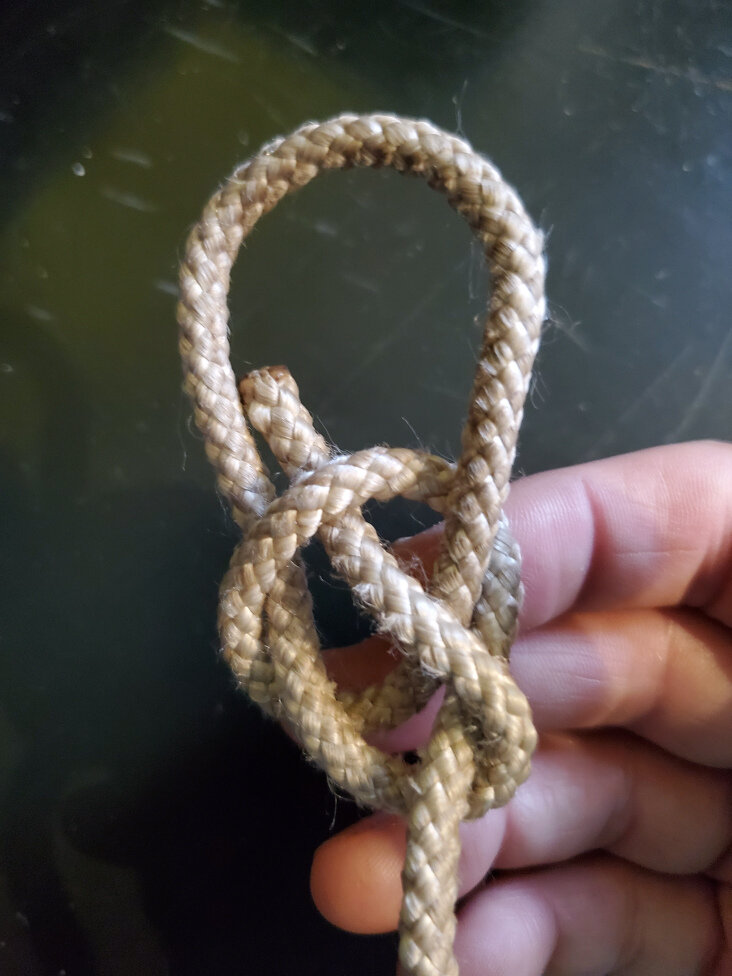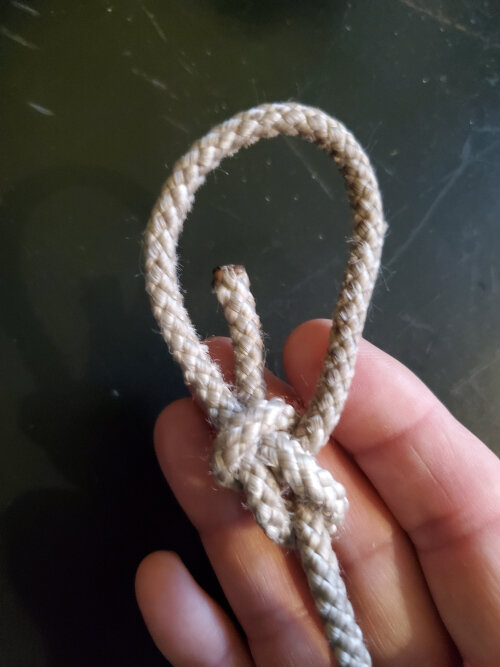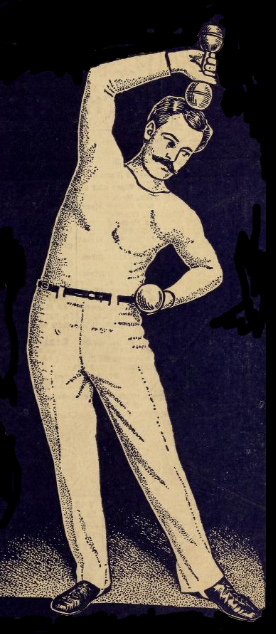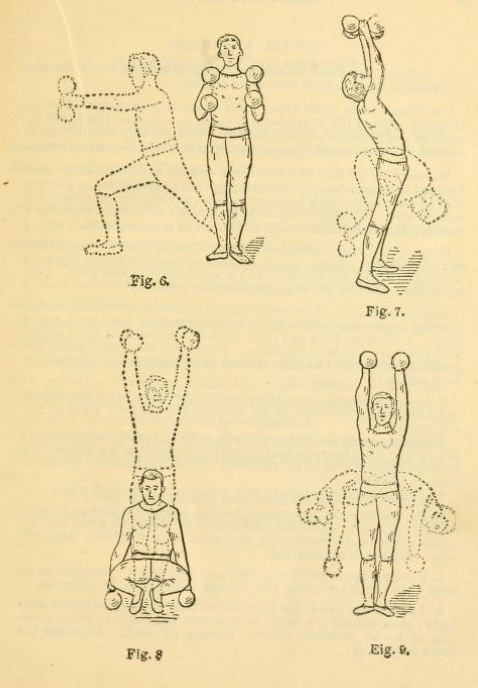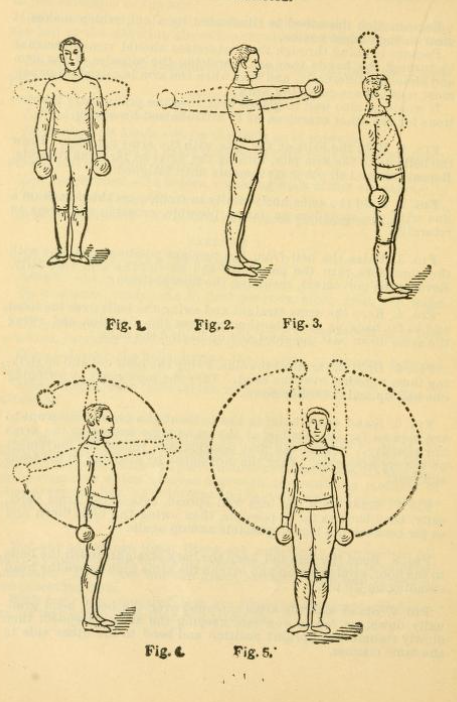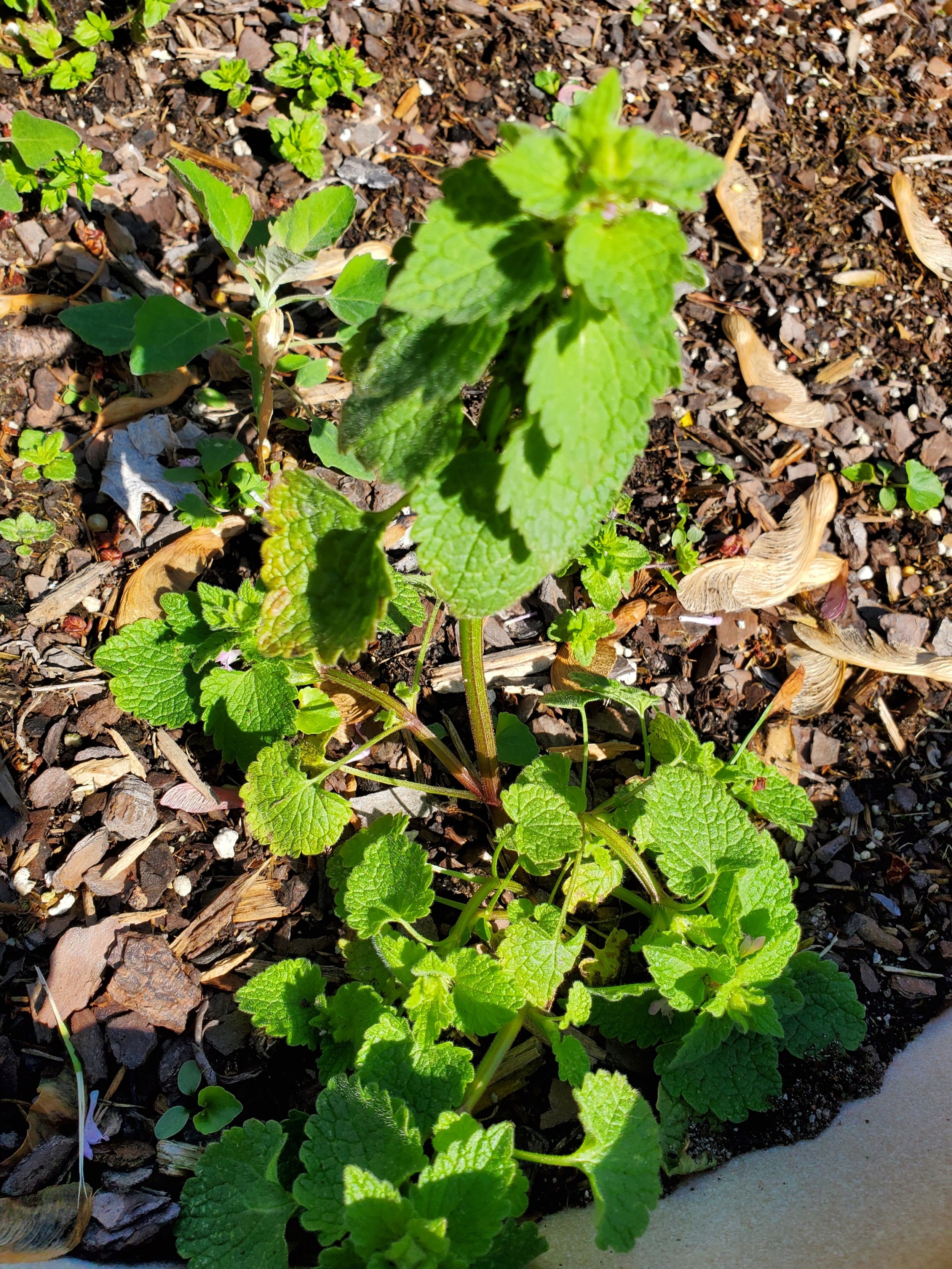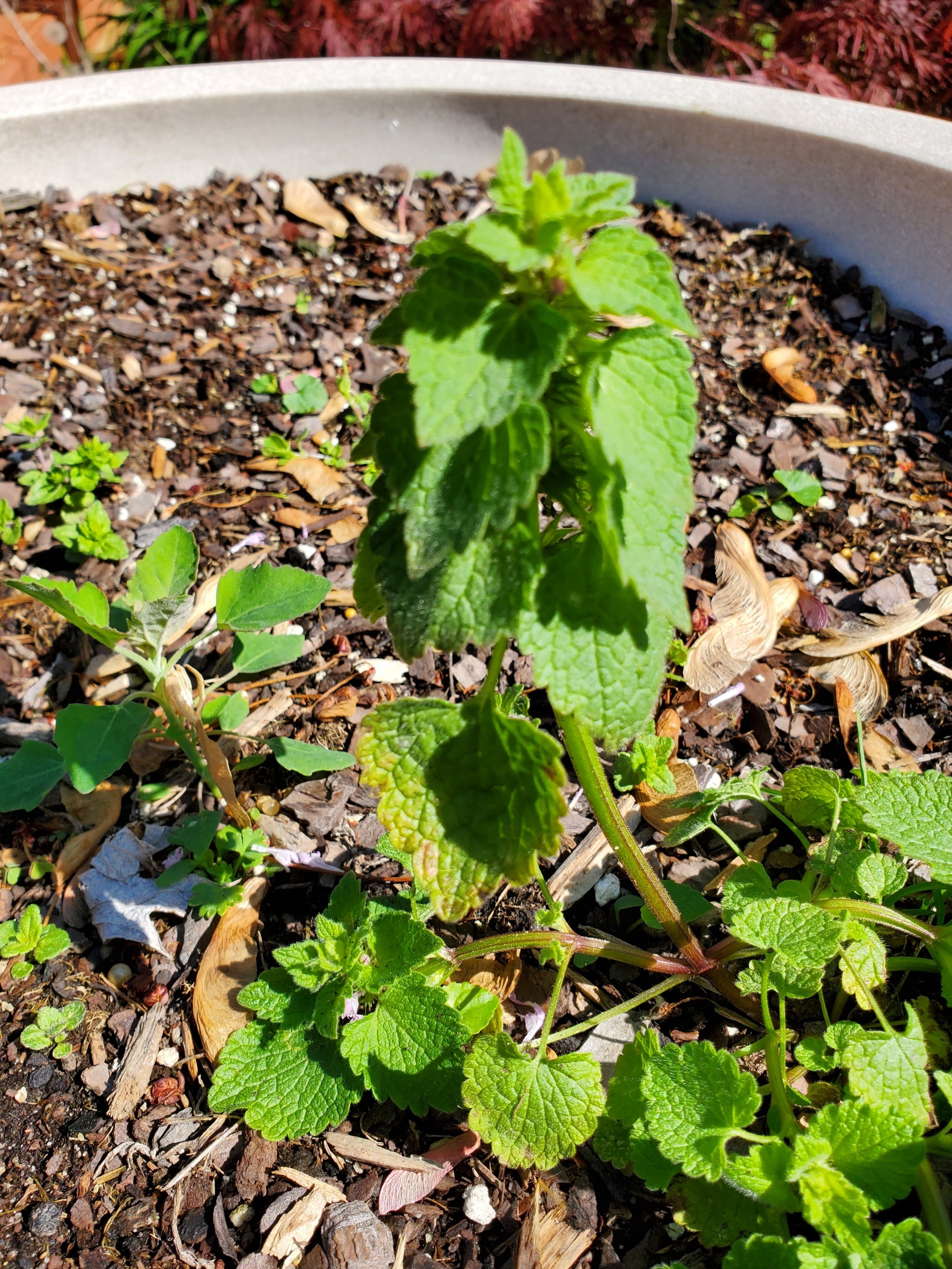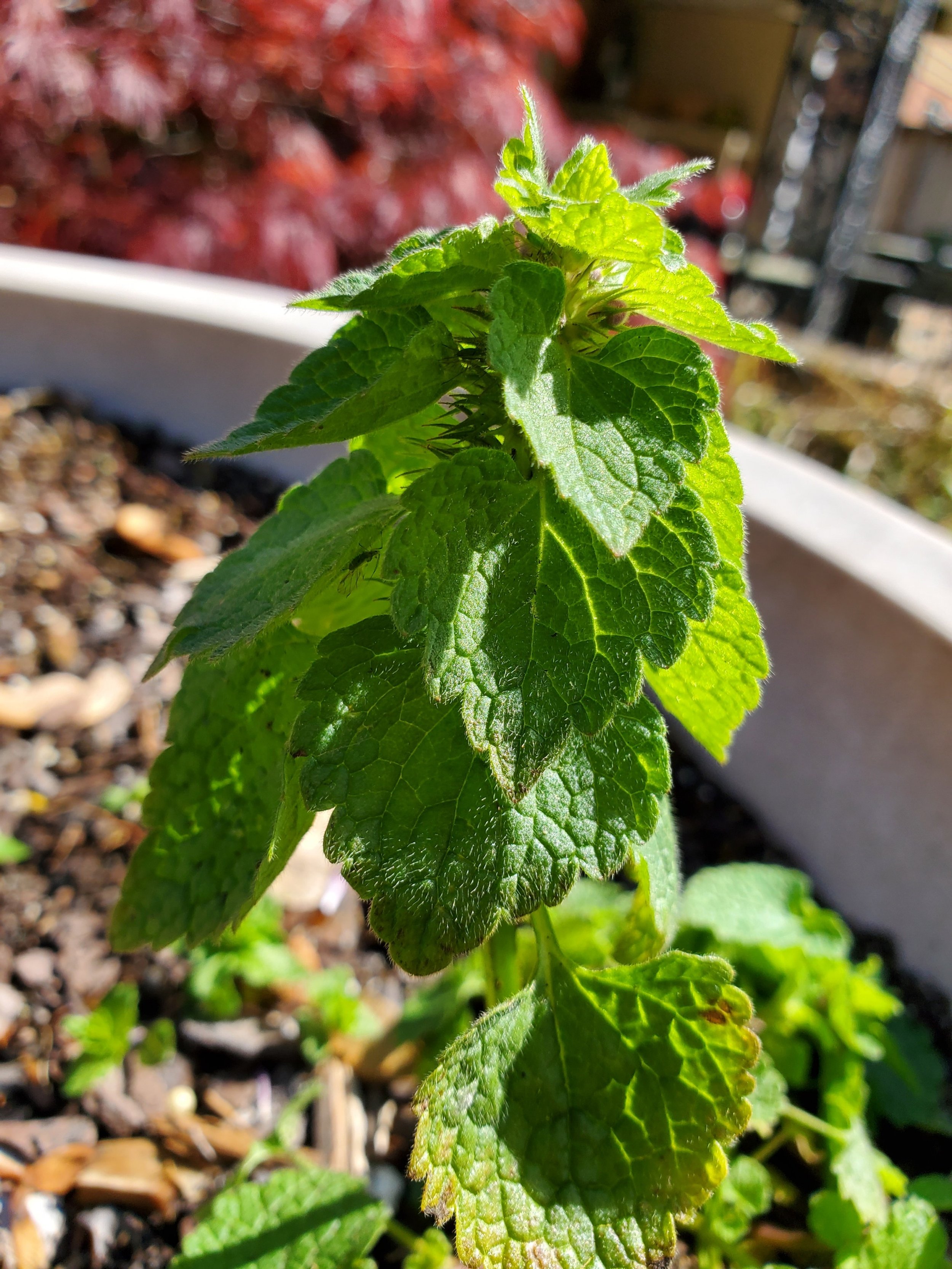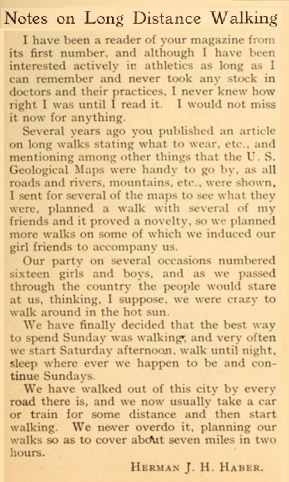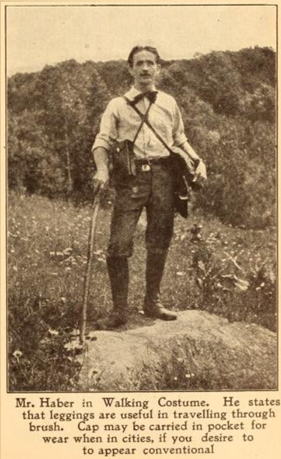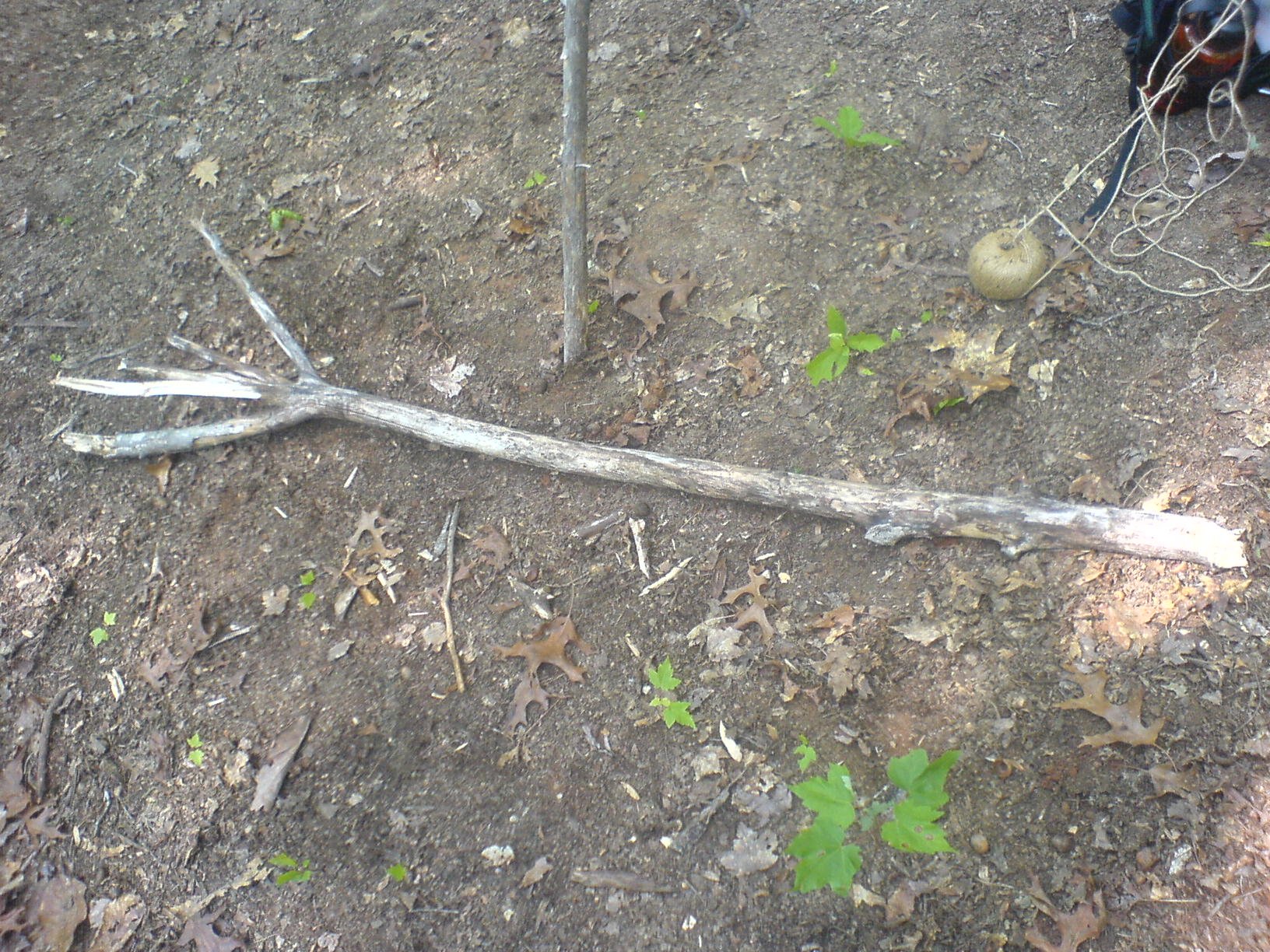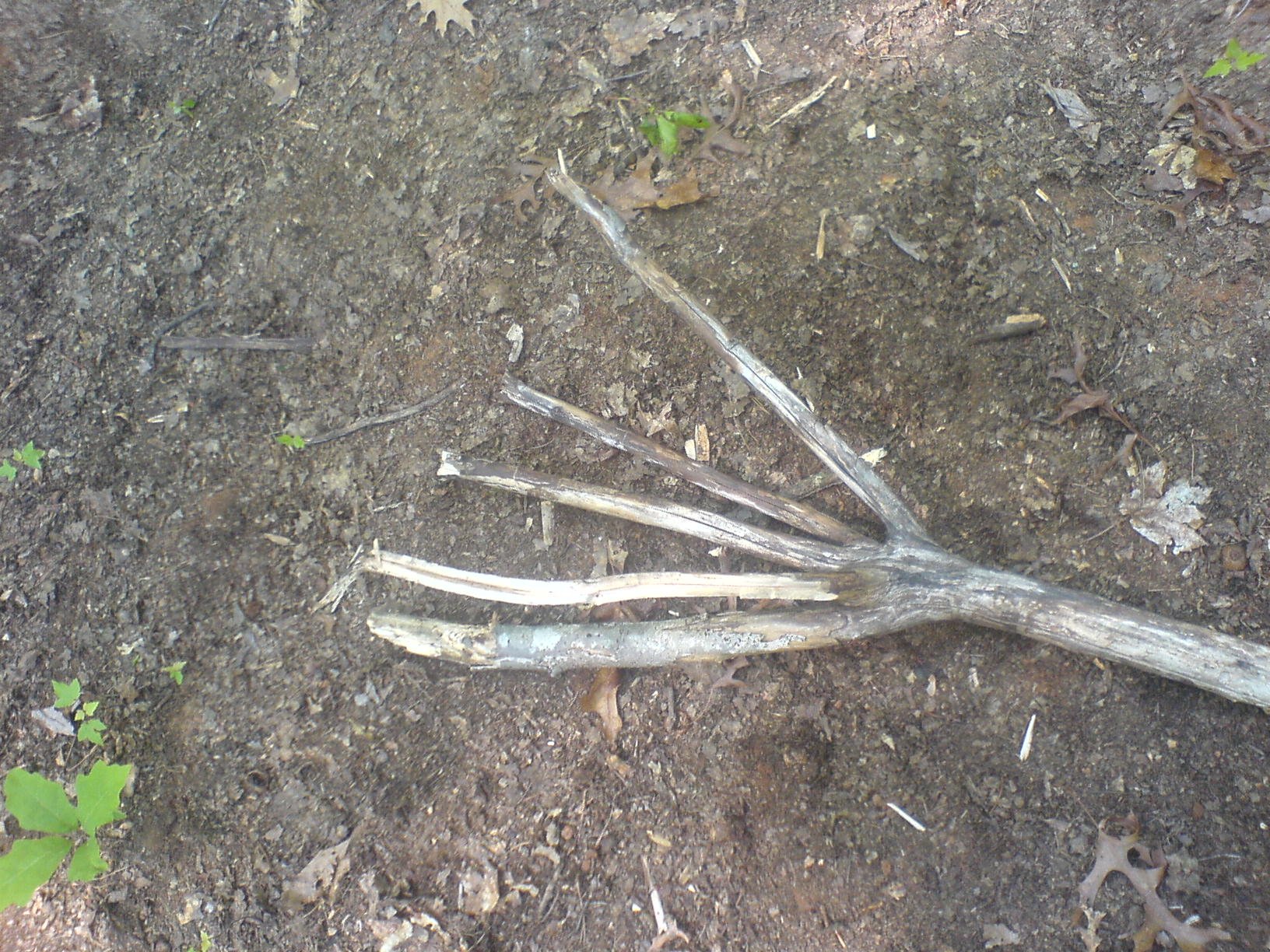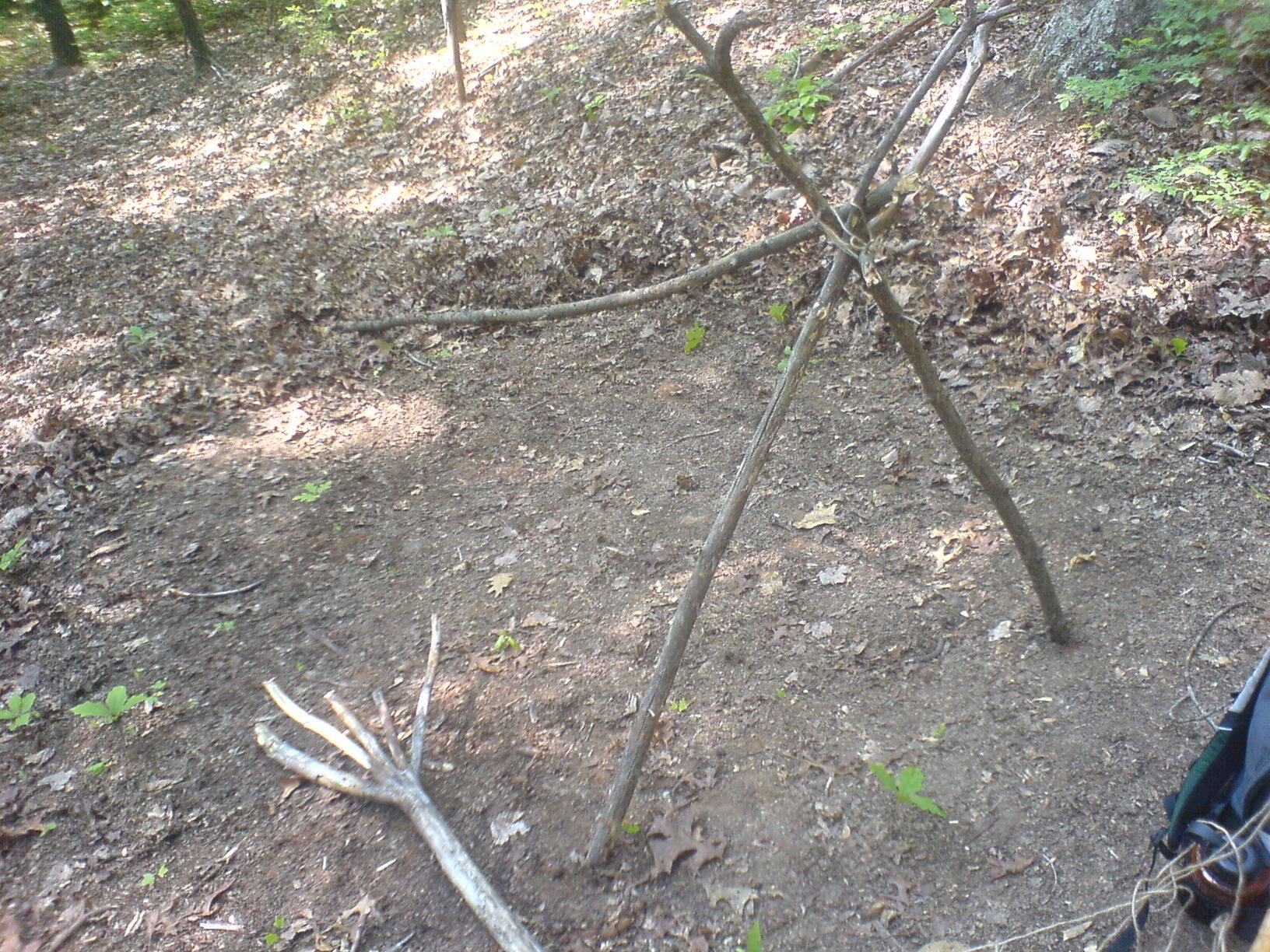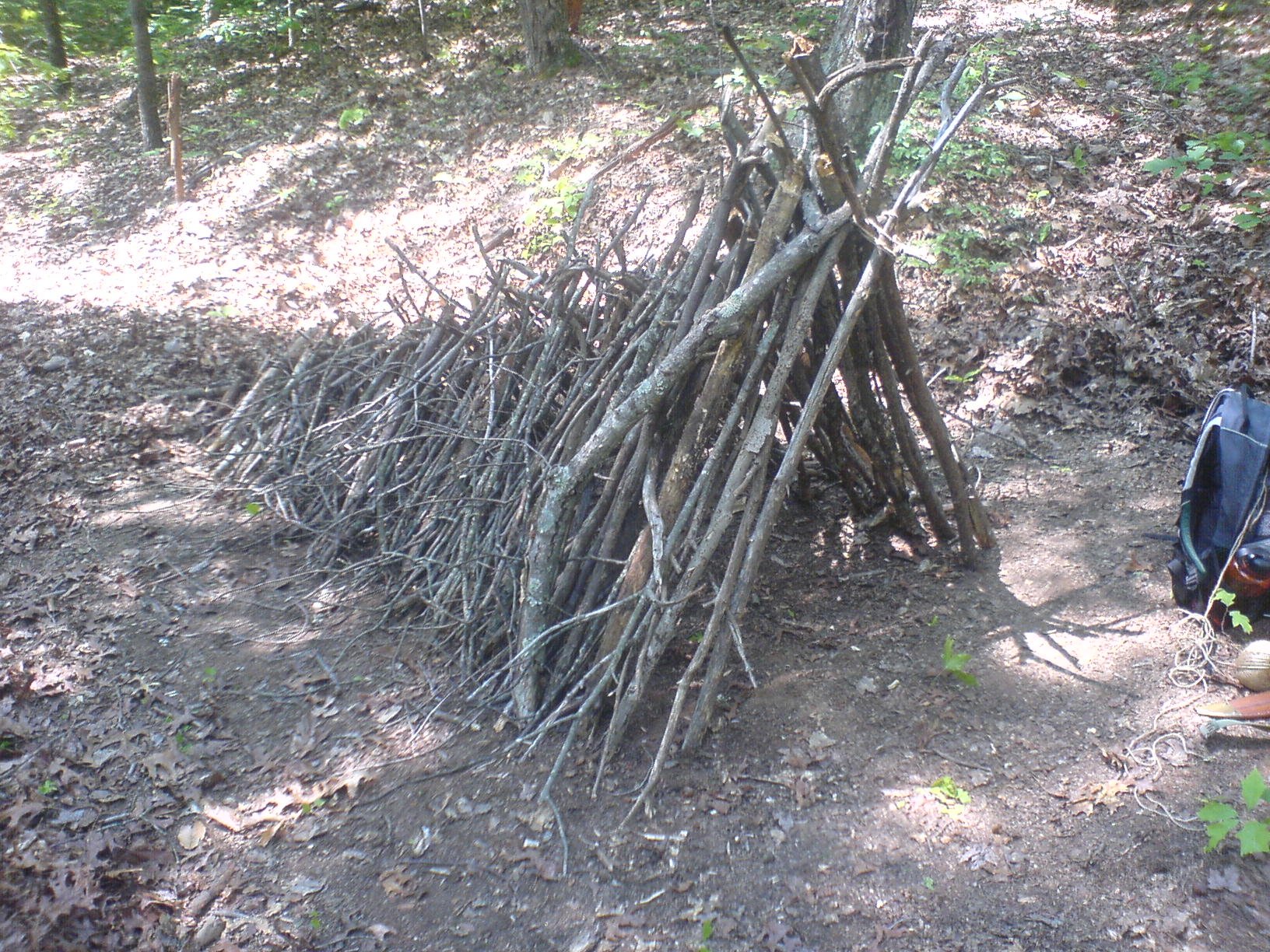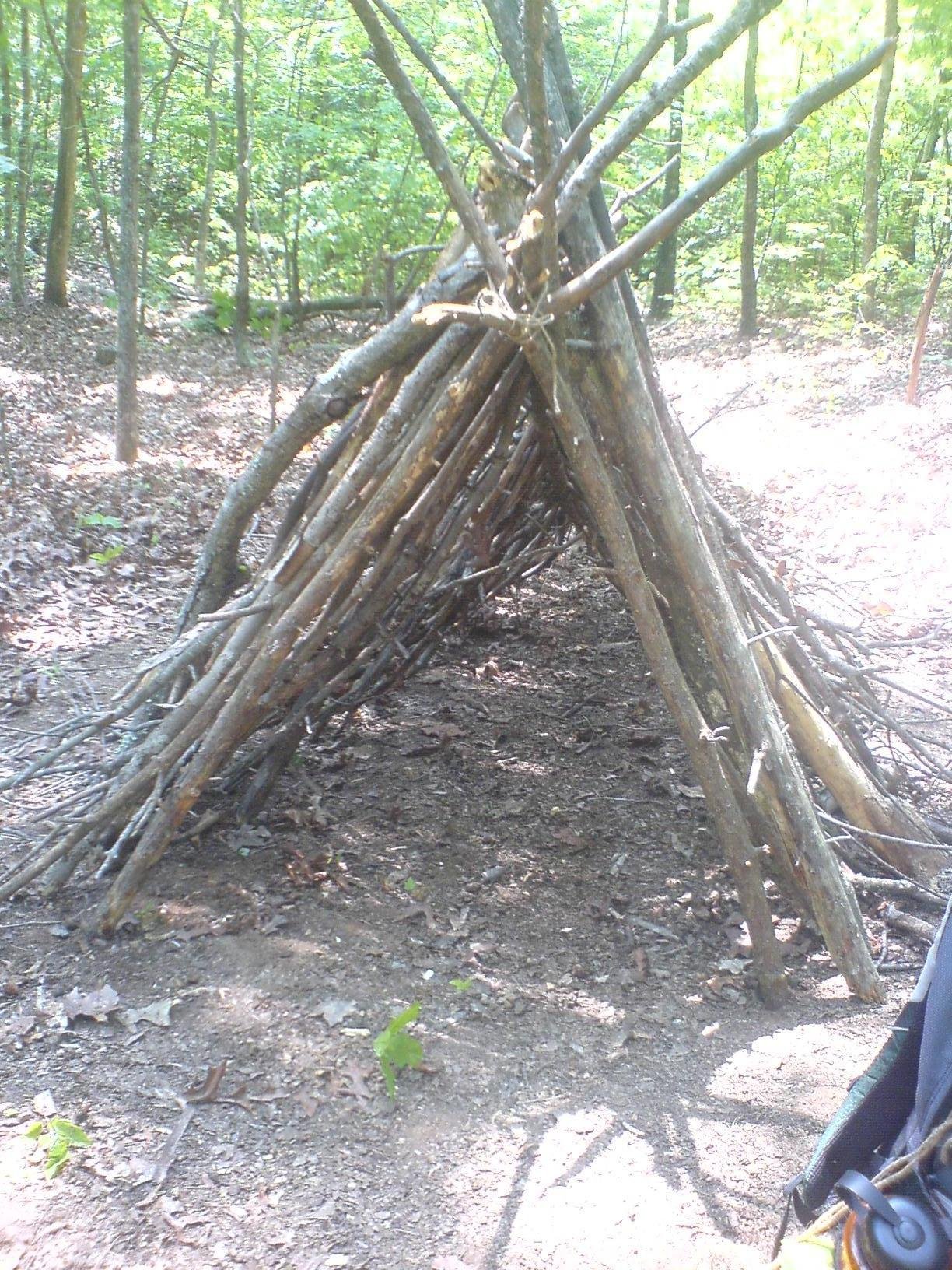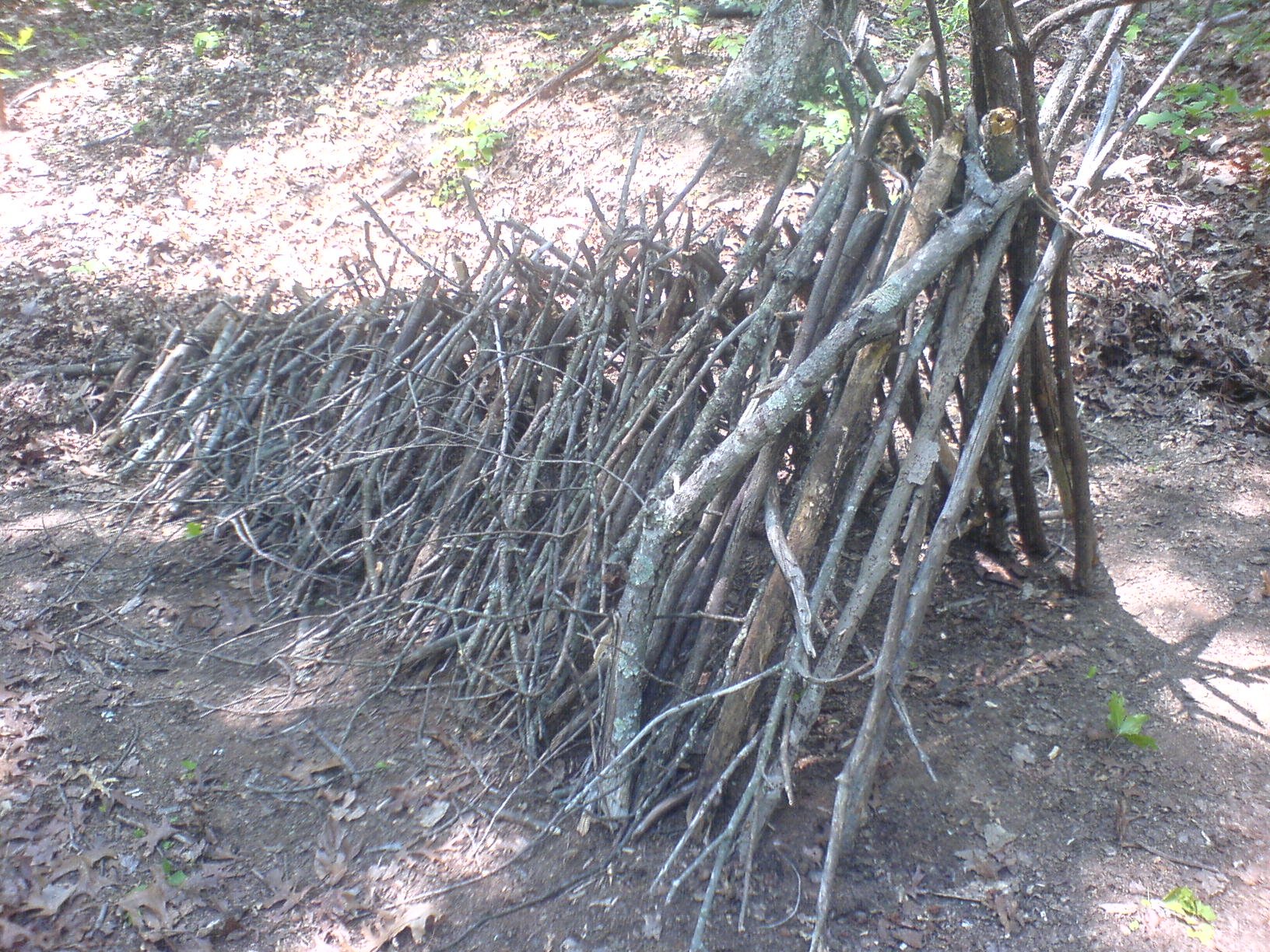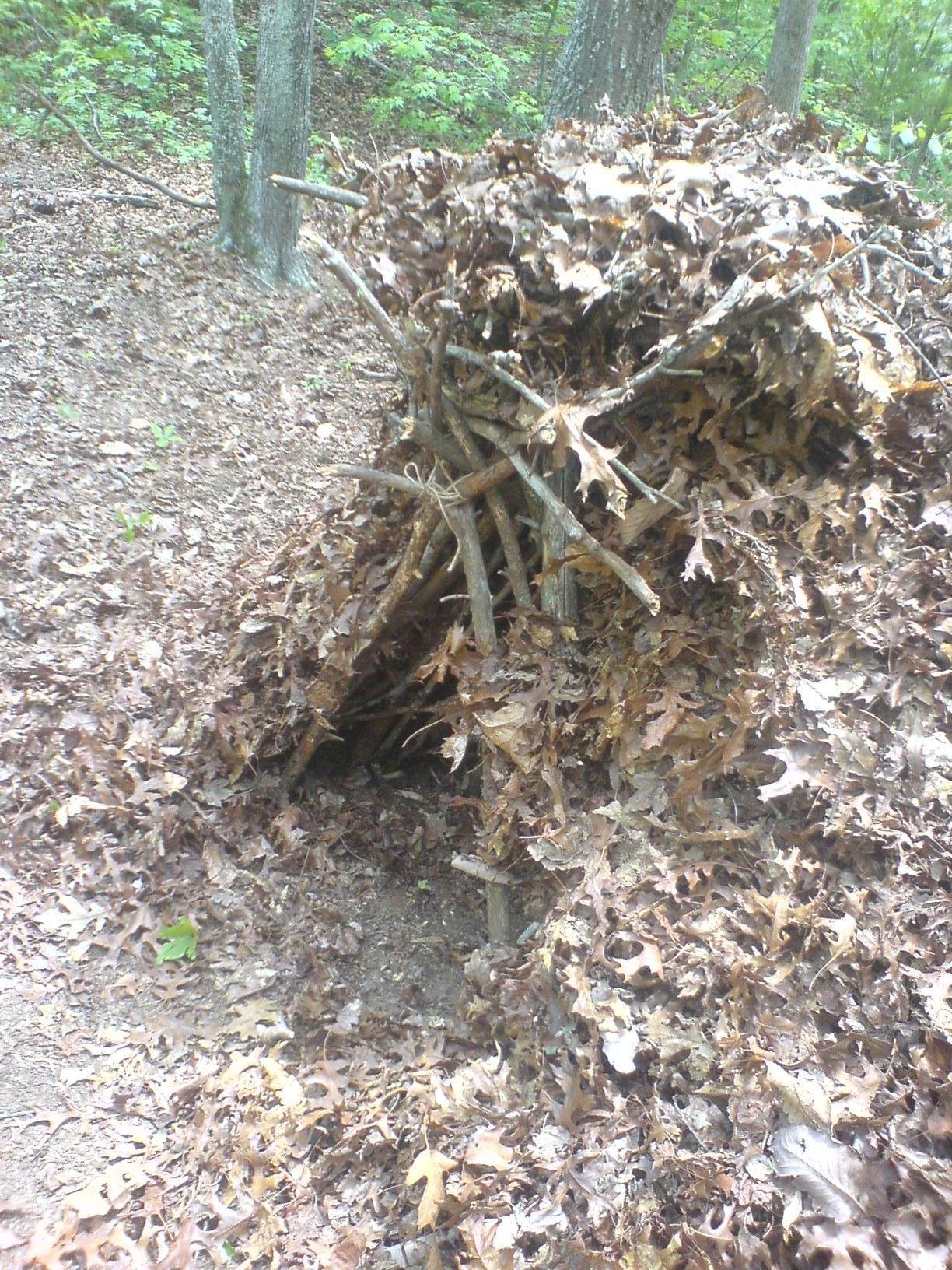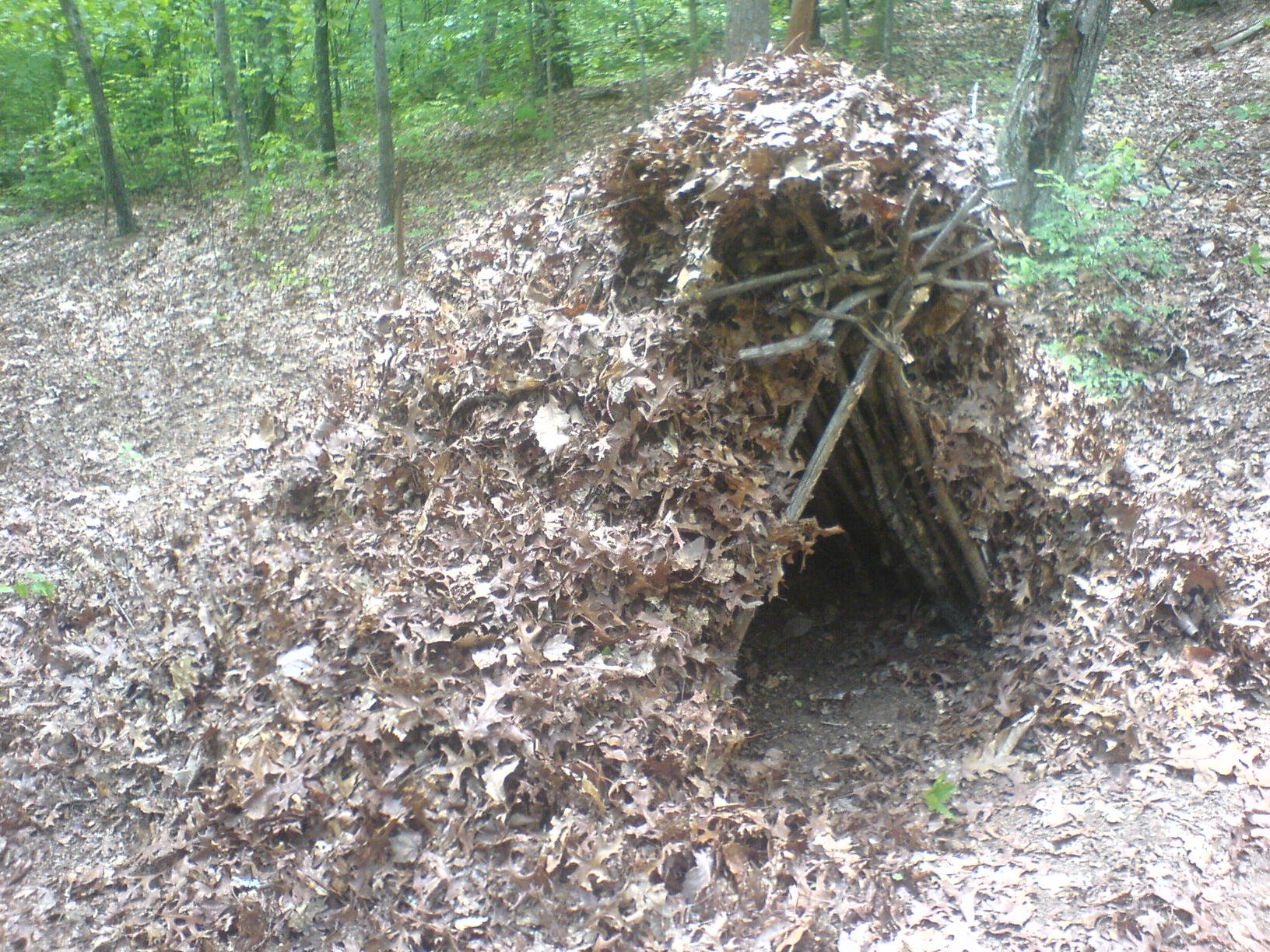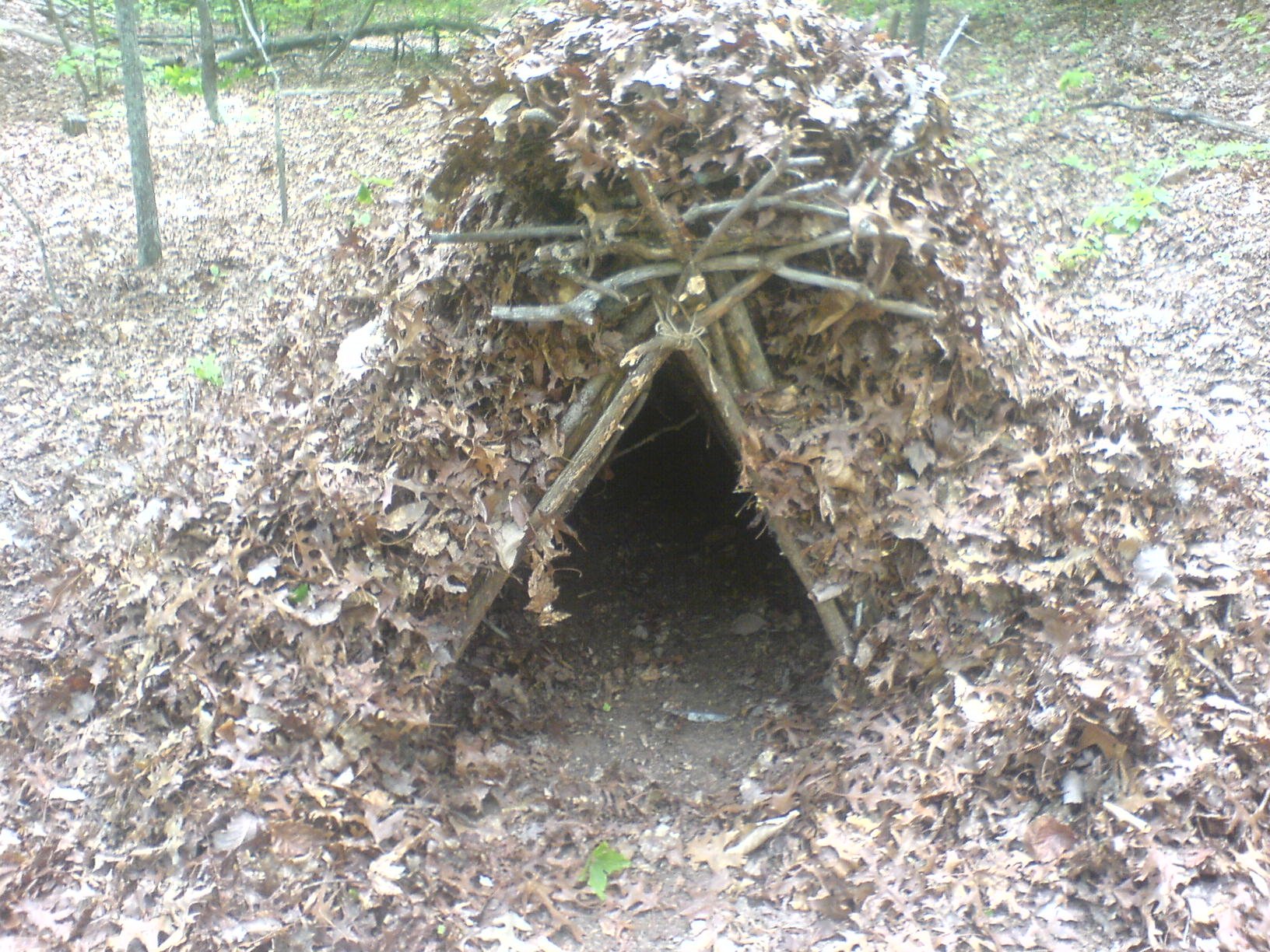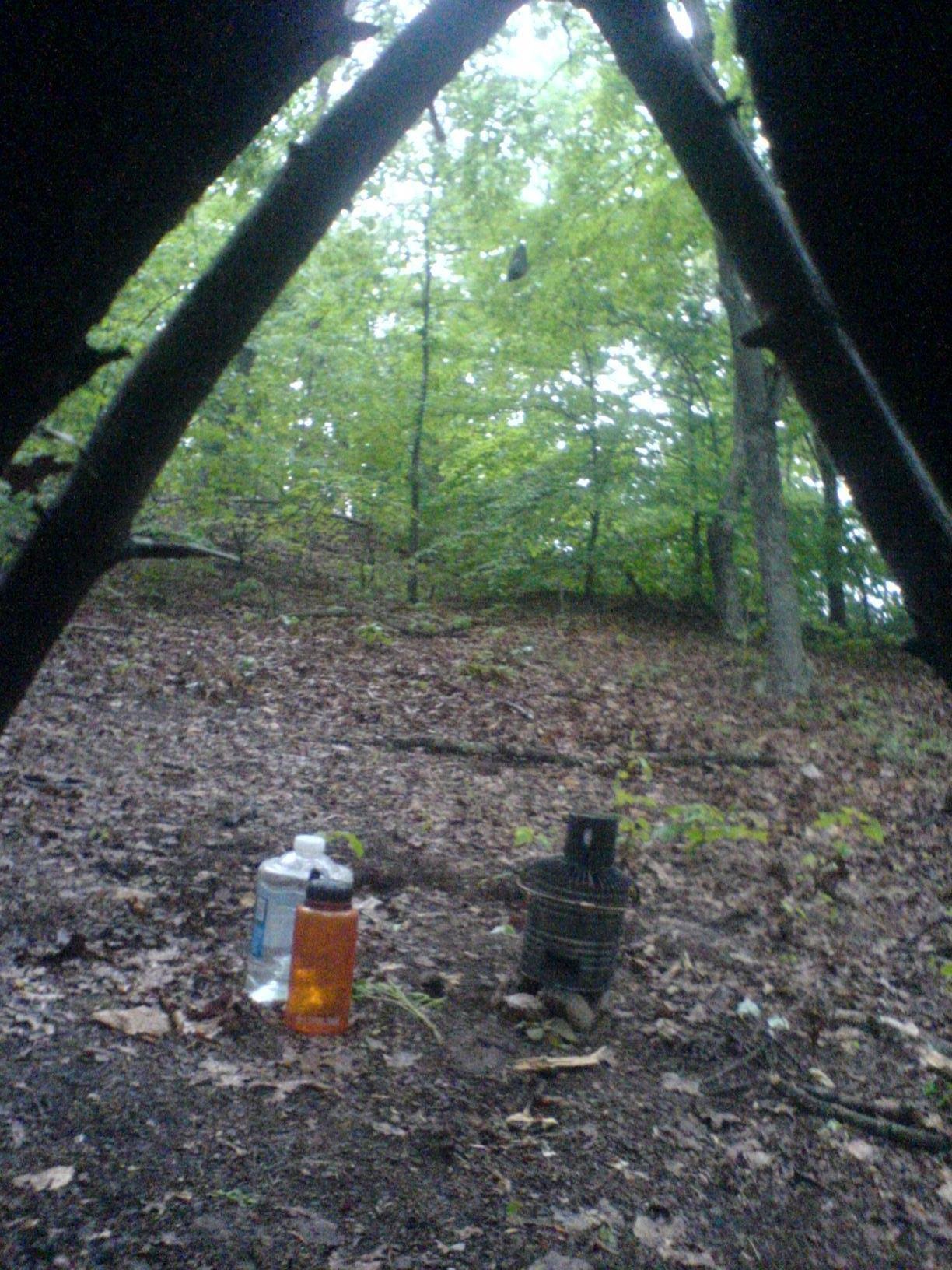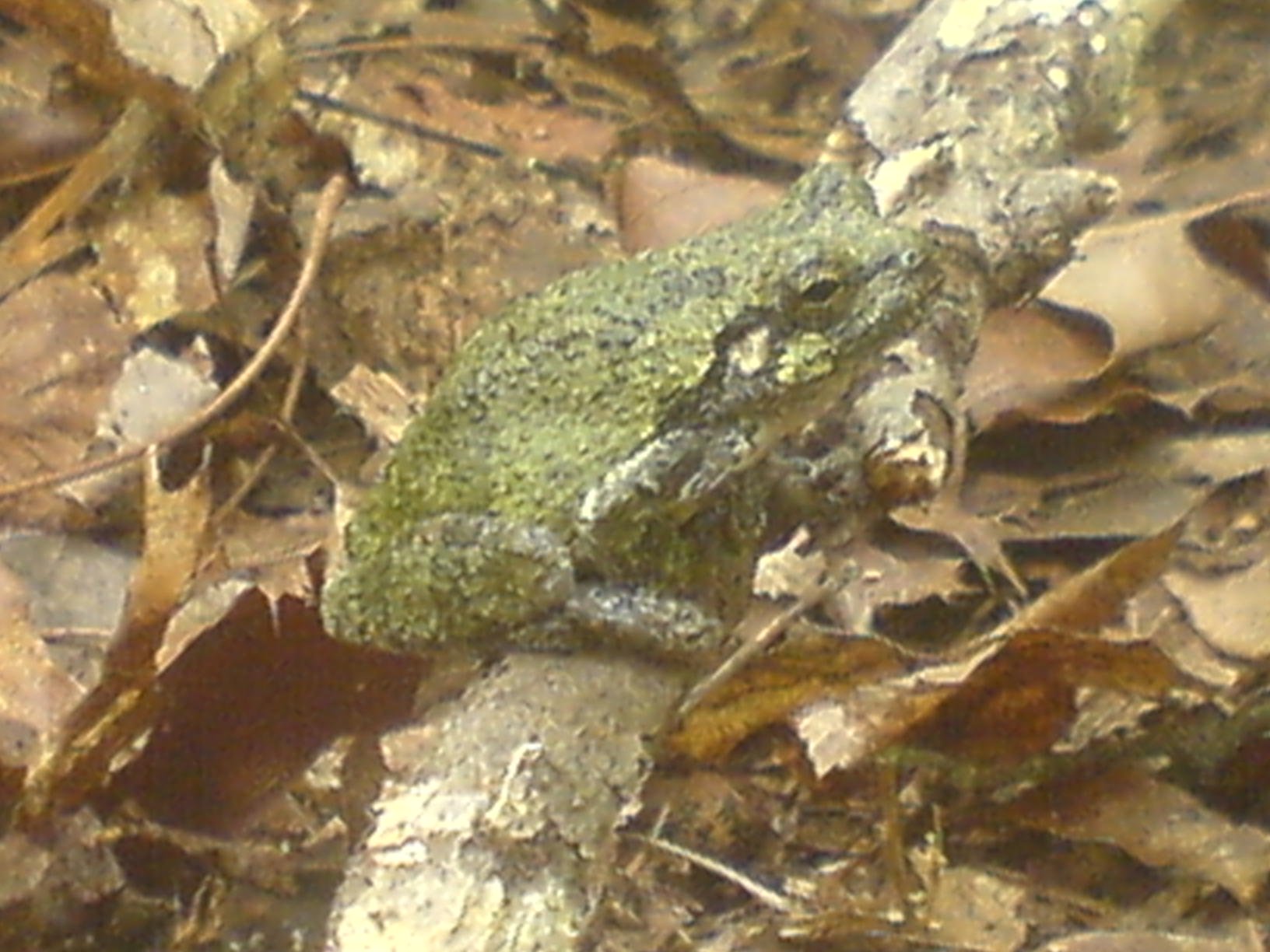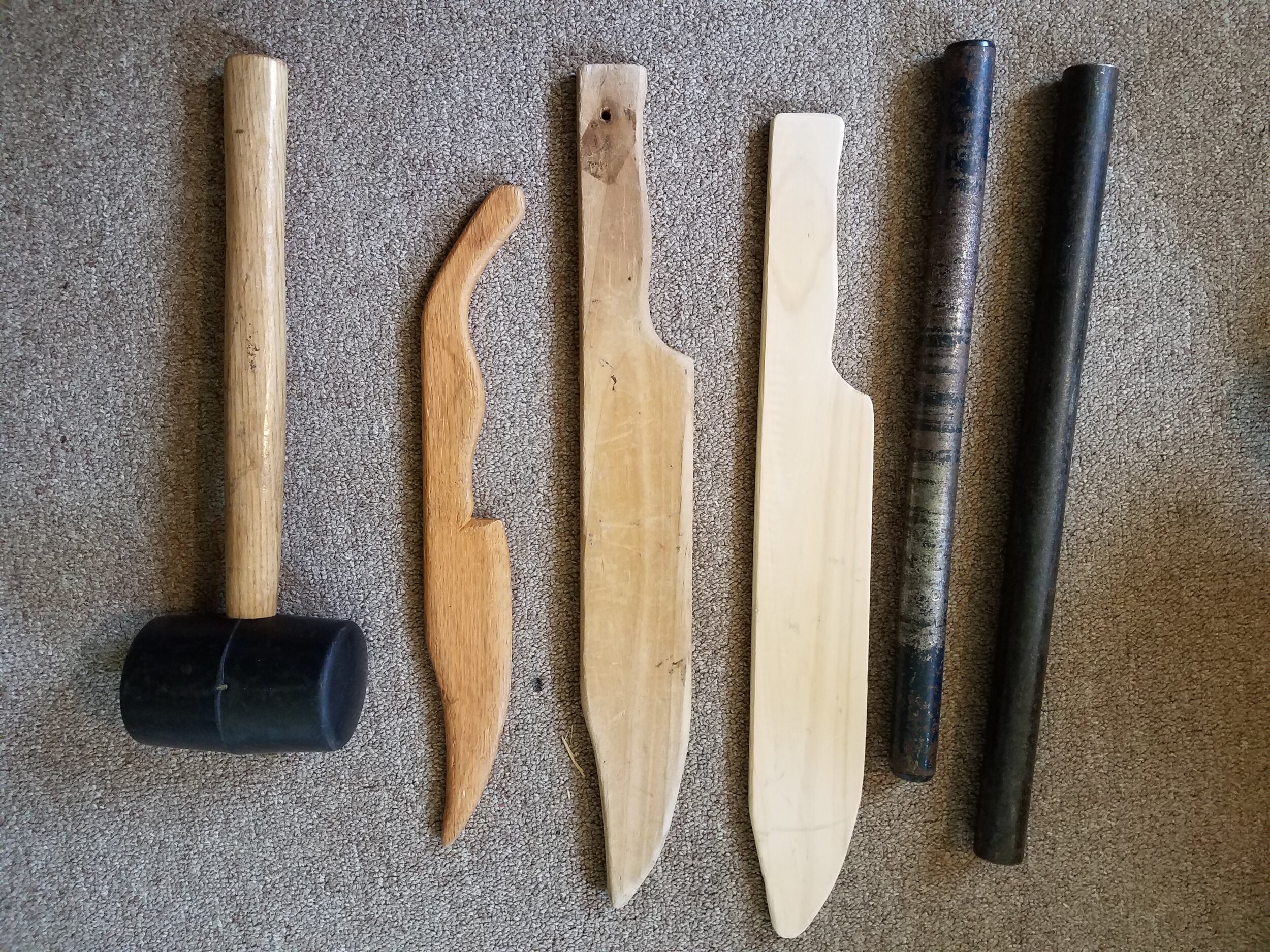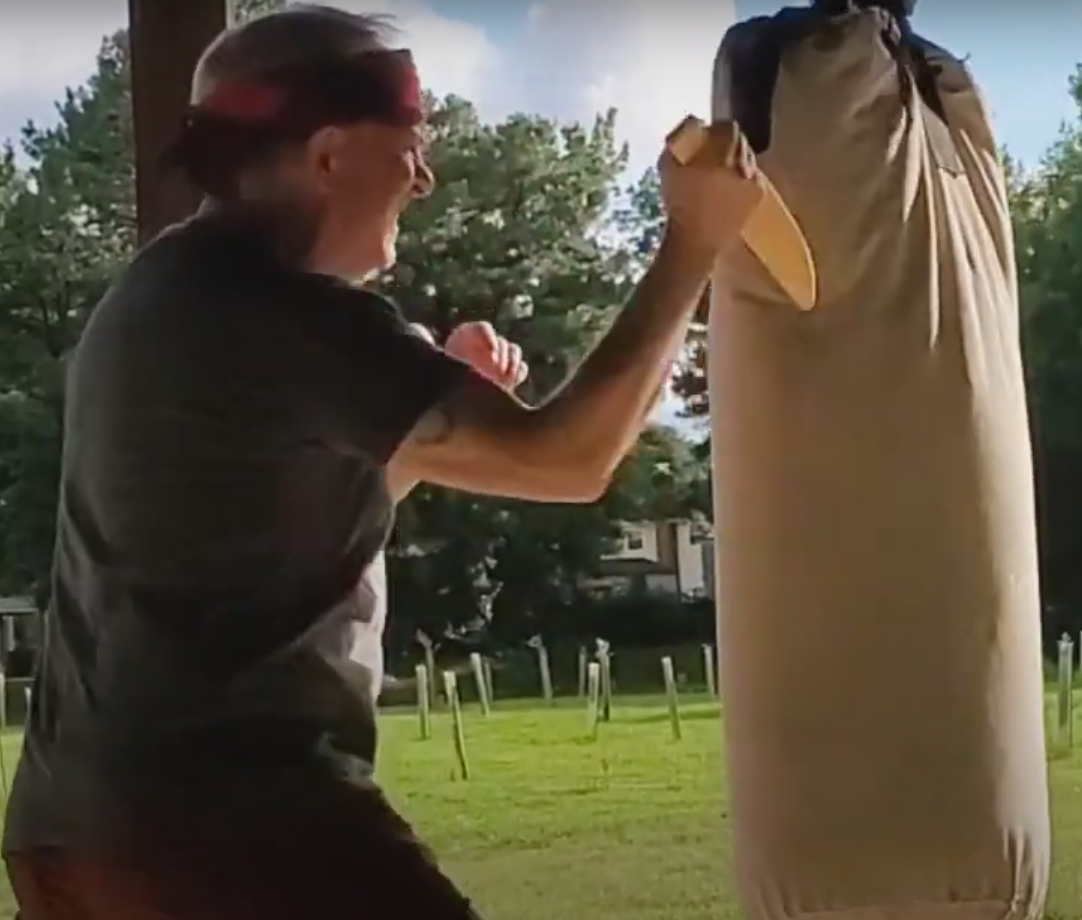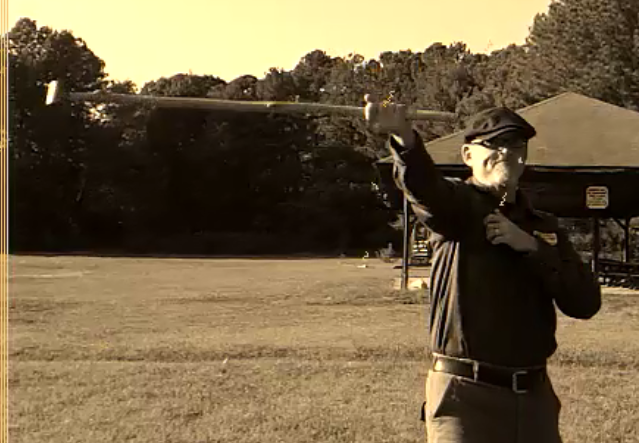Click here to sign up for daily motivational text messages!
...
Click here to sign up for daily motivational text messages! ...
Get your tickets now for the 1st Annual Heritage Arts Campout (CLICK HERE FOR THE DETAILS)
Event starts at 4 PM on Friday 10/13/23 and runs through noon on Sunday 10/15/23. Martial arts, fitness, outdoor skills, and spiritual development — for just $25/ticket. CLICK HERE for all the details.
Mettle Maker #363
What’s the weekly mettle maker? Training tips and educational information in support of our free programs, that’s what! What’s mettle? According the American Heritage Dictionary, mettle is, “The ability to meet a challenge or persevere under demanding circumstances; determination or resolve.”
Fitness: The Ten Rules of Old-School Calisthenics.
Calisthenics: “The science, art, or practice of healthful exercise of the body and limbs, to promote strength and gracefulness; light gymnastics.” (Webster ‘s Dictionary, 1913 edition)
Old-school calisthenics were like the physical therapy of their time -- the original cross-training used to build up health and support long-term performance in primary activities. Toward that end, there are rules that should be observed with performing calisthenics the old-fashioned way.
Old-School Calisthenics Rules
1. Go at a slow pace.
2. Avoid bouncing or ballistics.
3. Maintain total control throughout every movement.
4. Move through the full range of motion.
5. Perform at least one deep breath on every rep. Never hold your breath.
6. Stay out of the redline. A motor’s redline is the maximum safe rpm at which it can revolve without damaging components. Your redline is 80% of your maximum safe heartrate. Find your max by subtracting your age from 220, then multiply that number by 80% to get your redline. If you’re 30 years old, your max heartrate is 190 bpm (220-30). Multiply 190 times .8 and your redline is 152 beats per minute (or 25 beats per 10 seconds on your watch). Keep your heartrate under redline when doing calisthenics.
7. Stay within failure tolerance. In engineering, the tolerance of a part or system is the performance range in which it continues to execute its defined function without breaking down. Your “tolerance” is either 1 rep short of failure or when your form is less than perfect, whichever comes first. If you’re doing Push-ups, for example, you should stop as soon as you feel your butt starting to sag, and/or when you think you might be able to get just one more rep. Pushing to failure, doing sloppy reps, having to psych yourself up, feeling the need to yell or grunt, indicates you’re exceeding your failure tolerance.
8. Eliminate junk volume. When 25 reps of an exercise becomes easy, move on to a more difficult exercise that works the relevant body part or parts. The old-timers never wasted their time doing beginner exercises once they moved past them, and you shouldn’t either. Example: When a 60-second Front Plank is easy, begin doing Push-ups on knees. When 25 of those get easy, begin doing regular Push-ups.
9. When you hit the ceiling, go slower. When 25 reps of the most difficult exercise working that body part(s) becomes easy, decrease the speed at which you perform your 25 reps. Keep the exercise challenging and fresh by going slower, never by increasing the rep count.
10. Limit total volume. No more than 25 reps of each exercise max per day, and no more than 250 total calisthenics reps per day (10 reps each of 25 different exercises, 25 reps of 10 difference exercises, 5 sets of 5 reps of 10 different exercises, etc.).
Observing these 10 simple rules will help ensure that your calisthenics are restorative rather than deteriorative – that they build you up rather than wearing you down. Looking for a fitness coach to help you design a training program or keep you on track with regard to your fitness goals? Click here to participate in one of our free programs!
Self-Defense: How are your skip and décollage kicks? You don’t have to be an acrobat or do be able to do extreme Taekwondo kicks to defend yourself— but it is advantageous to be able to increase your power, move offline, and/or cover additional distance quickly using techiques like skipping and décollage. Watch the video on the left, practice often, and keep your eye out for the next video short in the series. Looking for an affordable American Rough ‘n’ Tumble martial arts coach? Click here to participate in one of our free programs!
Wildwood outdoor skills: How are your knots? If you don’t know the essential twelve, start with the first four basic ones and move on from there. See video on the right, and stay tuned for the next two videos in the series until you’ve masted the 12 knots in the Wildwood distance learning program.. Speaking of which, how would you like more inspiration and education regarding outdoor skills? Click here and sign up for the 100% free Heritage Wildwood distance learning program!
Holy Communion is LIVE on YouTube every Sunday at 9AM EASTERn. Click HERE to watch live. To view and print a copy of the program for holy communion, CLICK HERE.
Homily for the Fourteenth Sunday of Ordinary Time, Sunday 7/9/23 – Father Mitch
Readings: Zec 9:9-10, Ps 145:1-2, 8-9, 10-11, 13-14, Rom 8:9, 11-13, Mt 11:25-30
Matthew 10:26—33 World English Bible Catholic Edition
25 At that time, Jesus answered, “I thank you, Father, Lord of heaven and earth, that you hid these things from the wise and understanding, and revealed them to infants. 26 Yes, Father, for so it was well-pleasing in your sight. 27 All things have been delivered to me by my Father. No one knows the Son, except the Father; neither does anyone know the Father, except the Son and he to whom the Son desires to reveal him.
28 “Come to me, all you who labor and are heavily burdened, and I will give you rest. 29 Take my yoke upon you and learn from me, for I am gentle and humble in heart; and you will find rest for your souls. 30 For my yoke is easy, and my burden is light.”
“Come to me all who labor and are heavily burdened and I will give you rest.” Brothers and sisters, what kind of labor? Not just any kind of labor. In the Greek this is kopos, which is labor to exhaustion, serious toil. And what kind of burden? Well, since Jesus says in the next sentence, “you will find rest for your souls” we can tell that he is talking about soul-crushing burdens -- physical and spiritual loads that are too much for one person to bear.
For a year back in 1989 supervised a work crew stacking bricks in a coal-fired brick plant. These men pulled bricks off the kiln cars, still warm from fire. For eight hours a day, five days a week, they stooped, lifted, and stacked. The plant had no air conditioning and in the summer the kilns rose the heat into the triple digits. Sweat pooled in puddles on the deck boards. Nobody got on that platform on purpose, I can assure you of that. Some were ex-cons. Some had dropped out of school. One of my men had declined his previous employer’s offer of early retirement at 50% pension, only to be laid off a few months later. At almost 60 years old, uneducated, he found himself stuck on that insufferable platform. All of those men were well aware that they were paying for every last one of their mistakes in a kind of earthly hell. That’s the kind of toil Jesus is talking about here.
And Jesus is also talking about spiritual toil. We’re talking now about people who have sinned, repented, and made amends, but who still can’t give up their crushing guilt. Or people who want to stop bad behaviors, but who can’t. Alcoholics, drug and gambling addicts, kleptomaniacs, people stuck in back-breaking spiritual labor with no end in sight.
Jesus begins telling us how to manage these burdens by thanking his Father for revealing the secret to little children. A child, you see, can do nothing alone. A child relies on his or her parents for support. “Daddy, Mommy, tie my shoe.” “I feel down and hurt myself.” “I’m hungry.” Jesus couldn’t have carried his cross if it hadn’t been for his Father. The Father passes the strength to the Son, and the Son passes it to us. Jesus says, “No one knows the Son, except the Father; neither does anyone know the Father, except the Son and he to whom the Son desires to reveal him.”
And then Jesus concludes, “Take my yoke upon you and learn from me, for I am gentle and humble in heart; and you will find rest for your souls. For my yoke is easy, and my burden is light.” A yoke is a wooden contraption for tying two oxen together so that they can pull a wagon or a plough. Jesus is telling us that, if we want to find rest for our weary souls, all we have to do is yoke ourselves to him as he is yoked to the Father. He’s telling us to rely on him as a child relies on its parents.
It’s an easy yoke, and it’s not a burden. It is a relief, a fantastic blessing, to know that we don’t have to keep shouldering our burdens alone. We can yoke ourselves to the Father, the Son, and the Holy Ghost. This is how we relieve our suffering today and find eternal bliss in the life to come.
